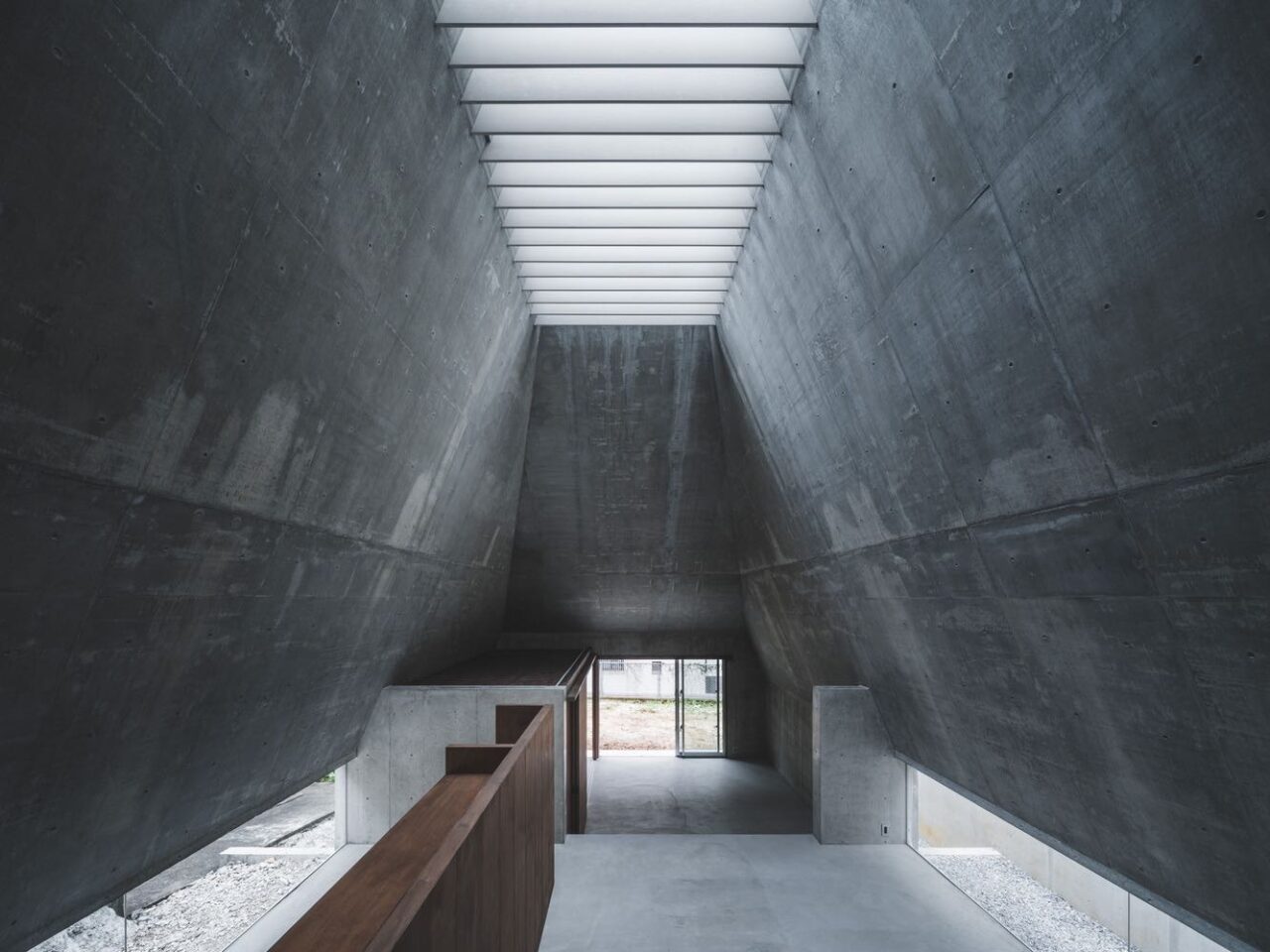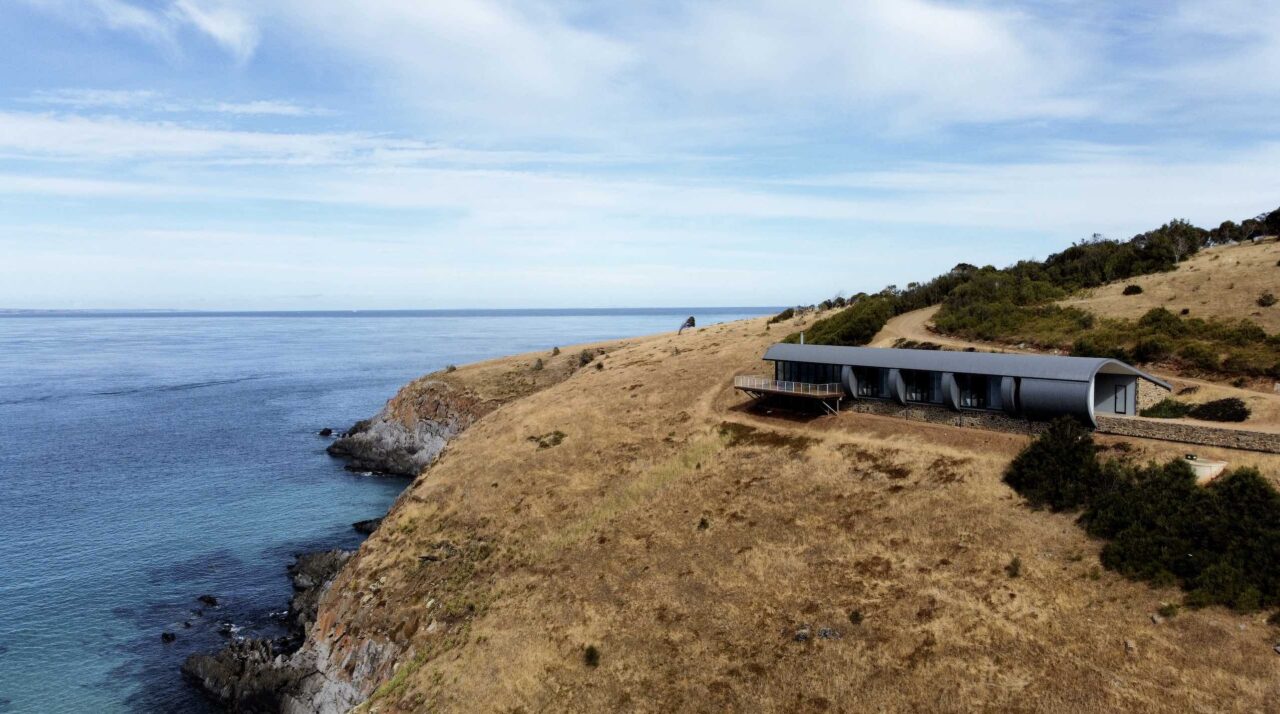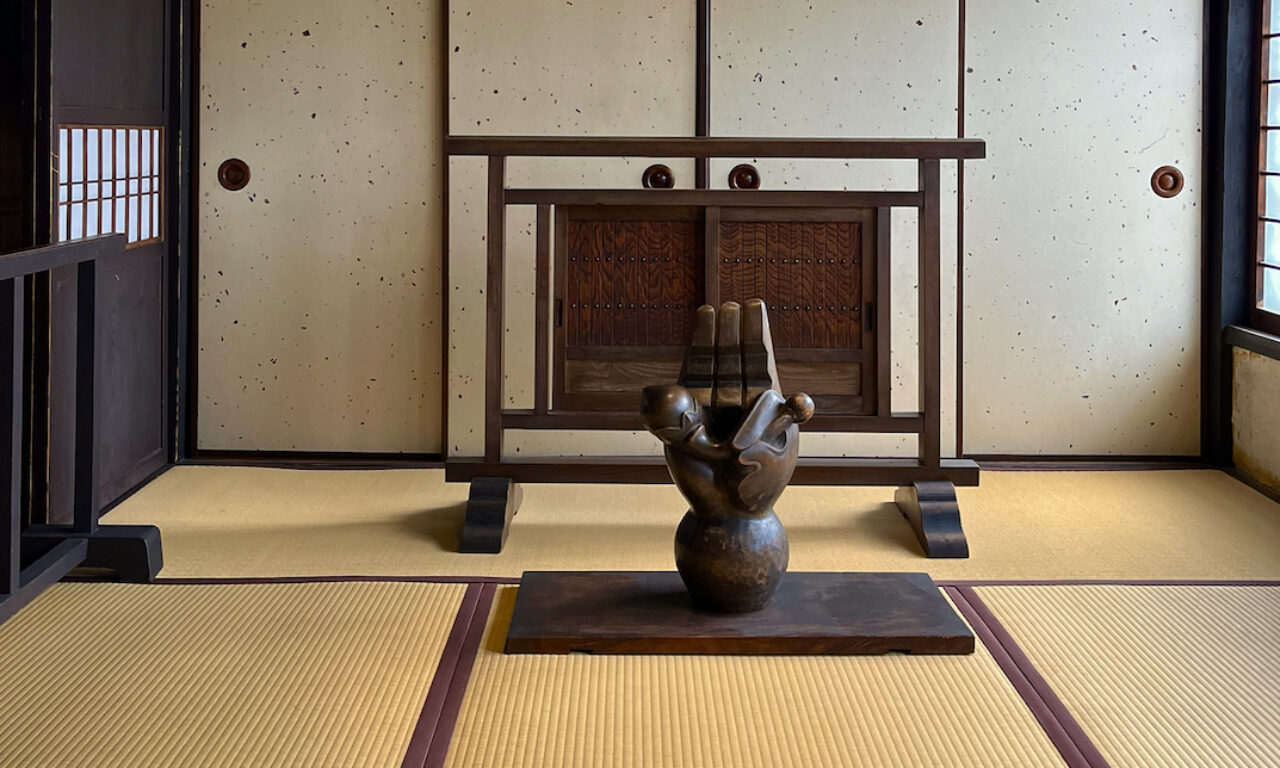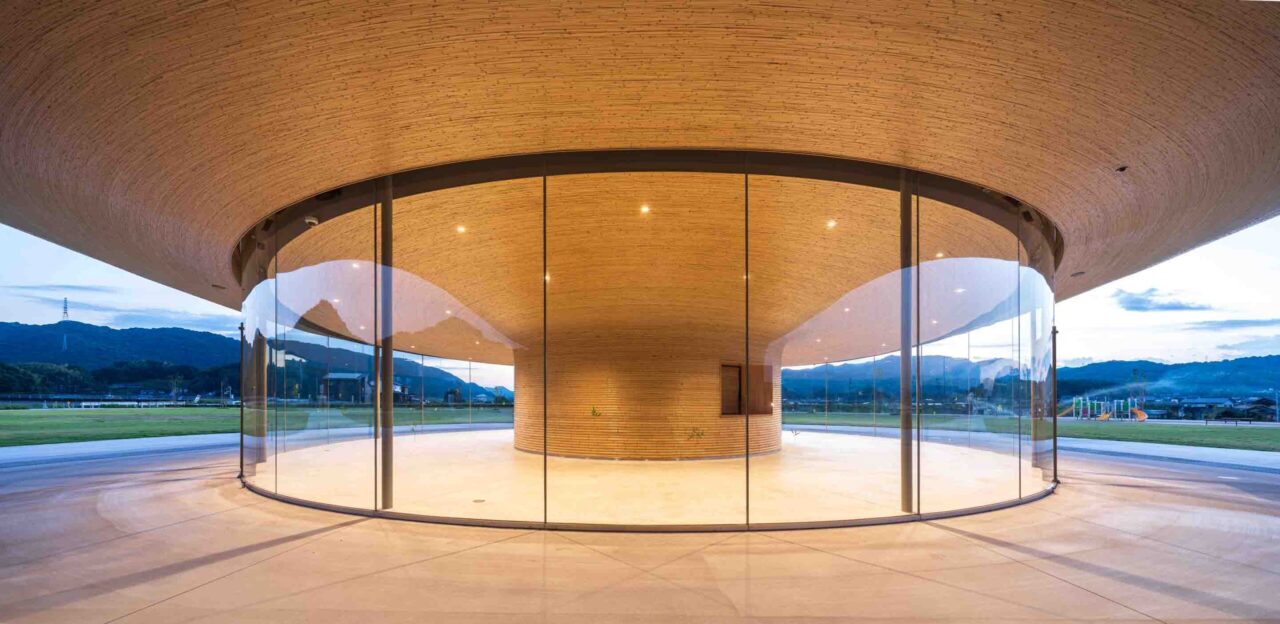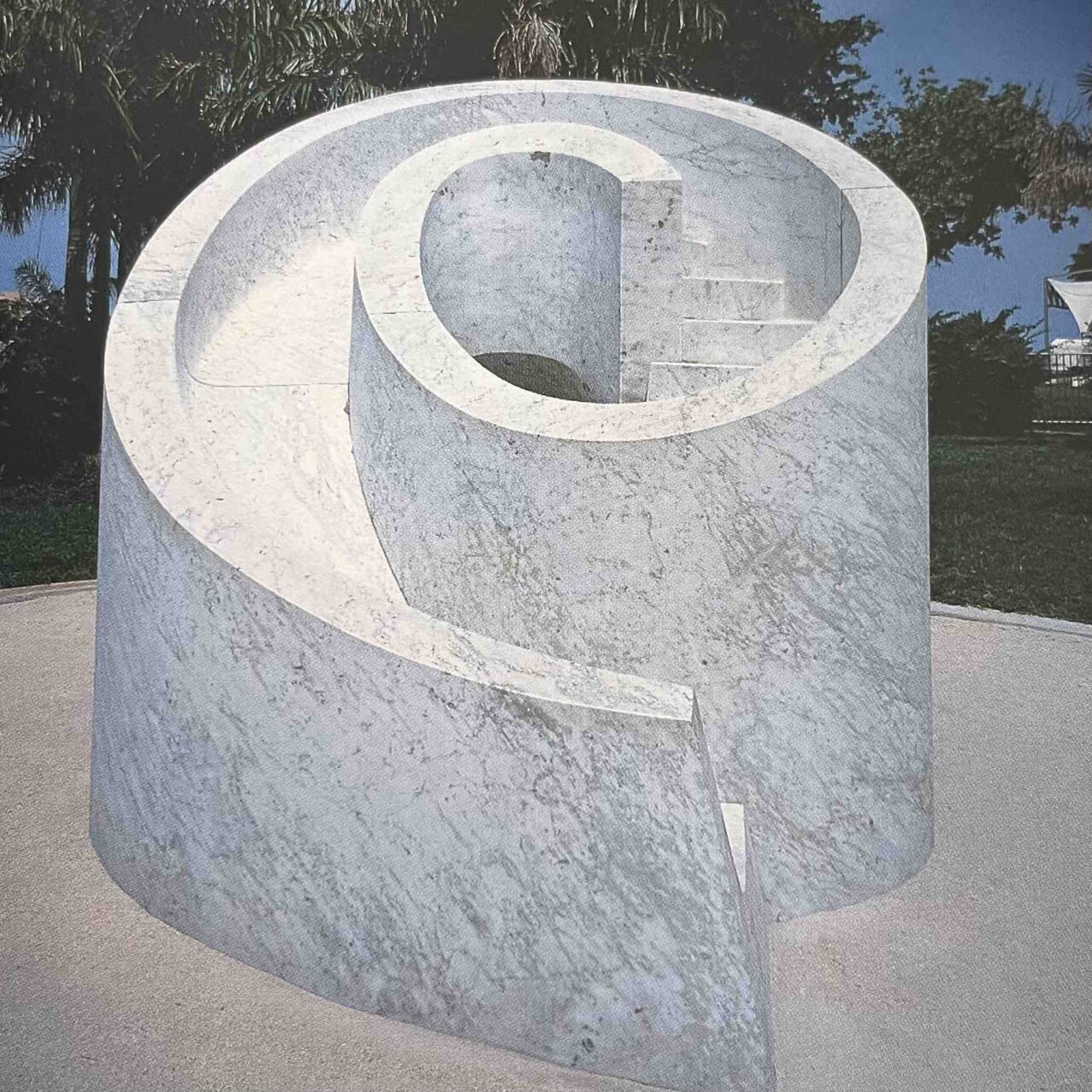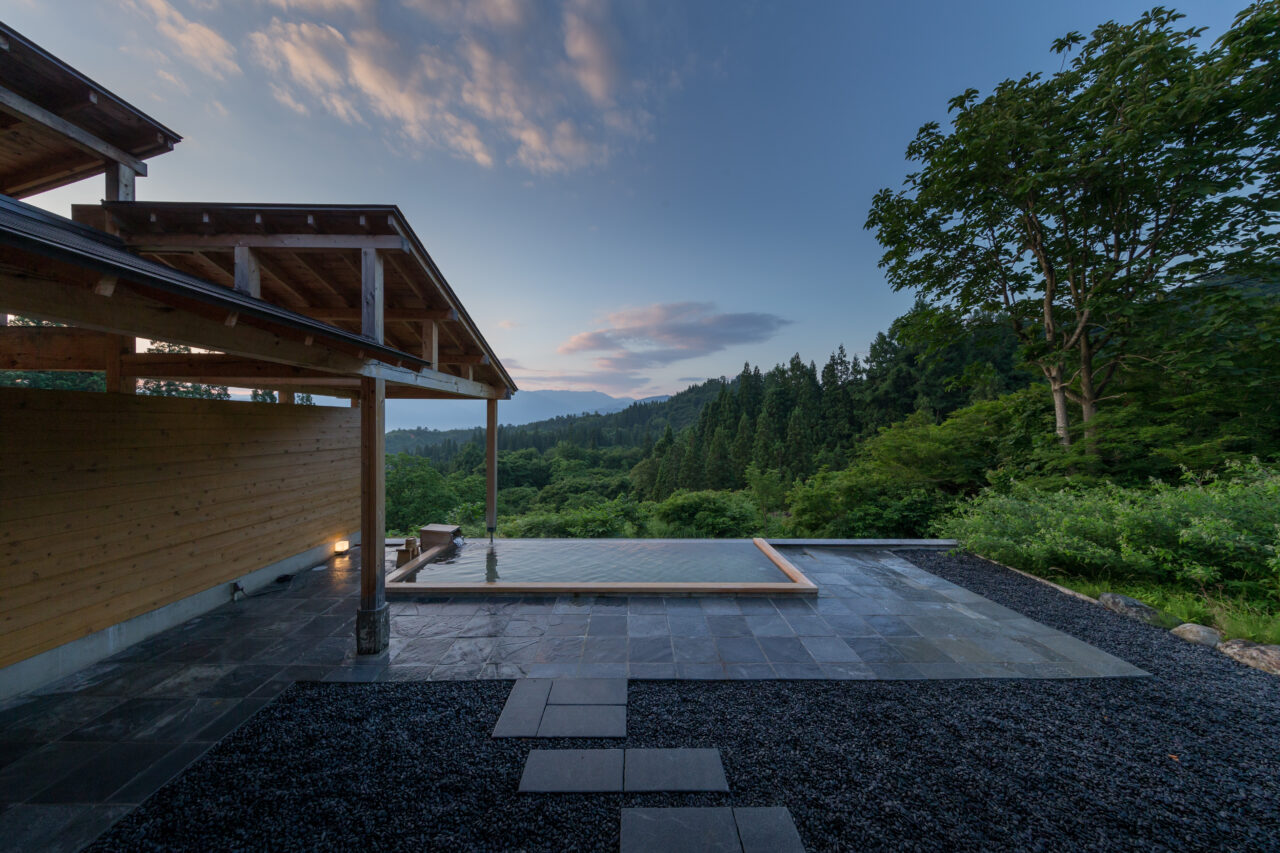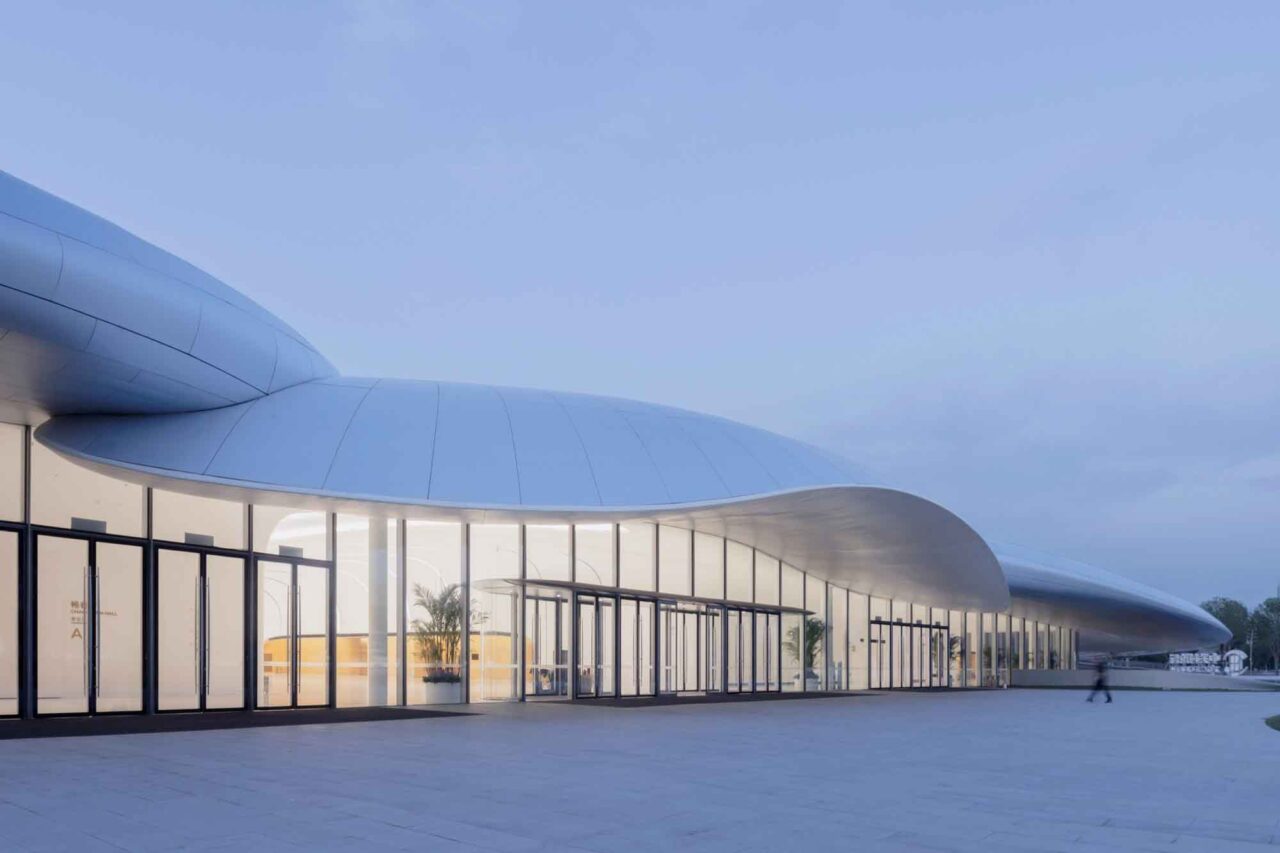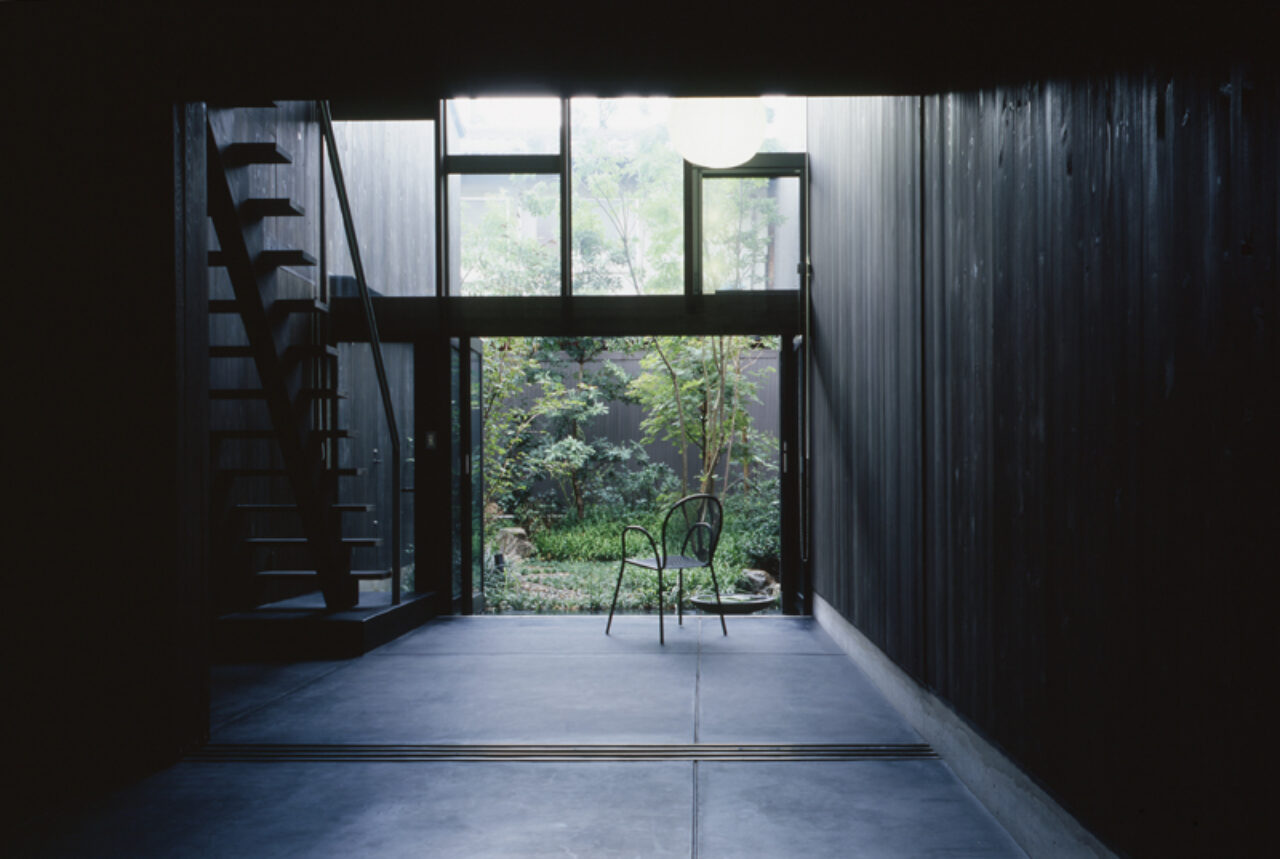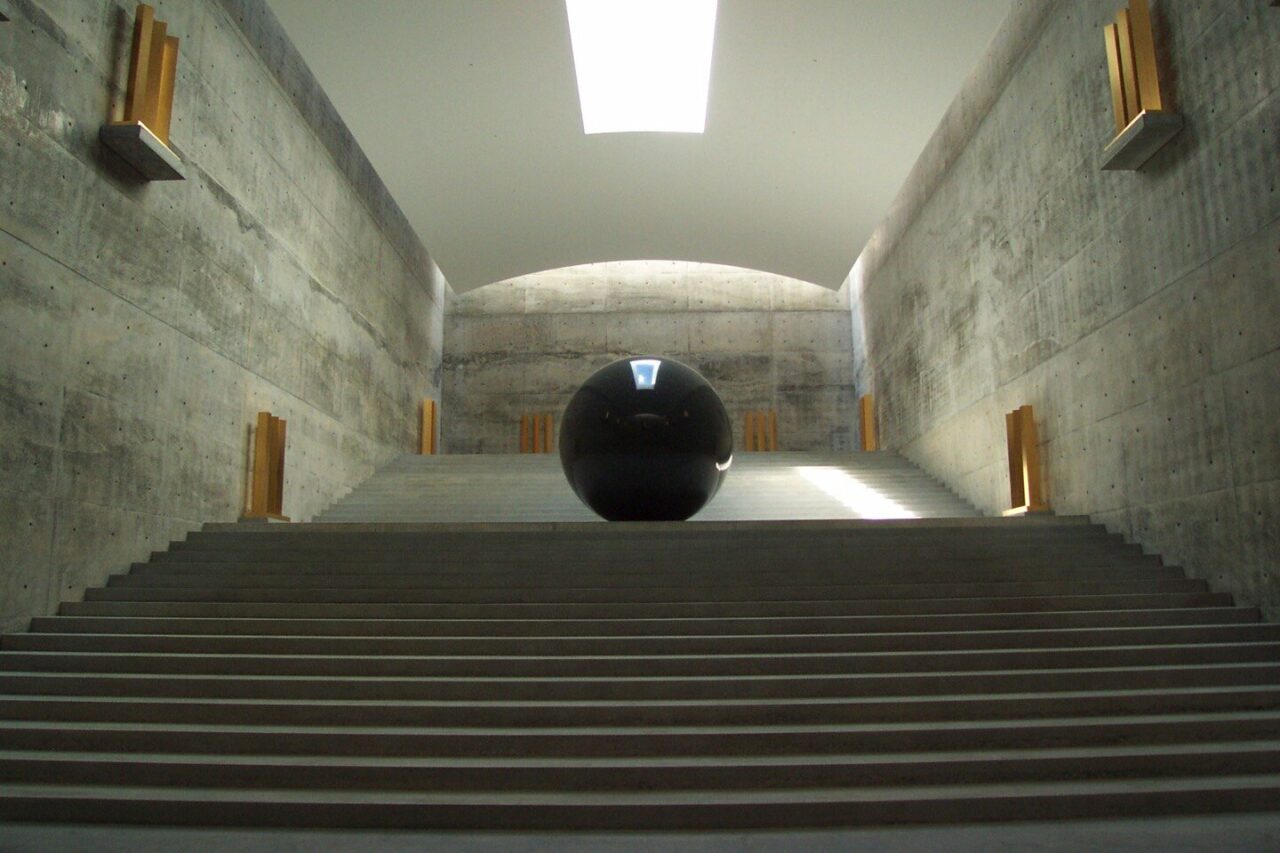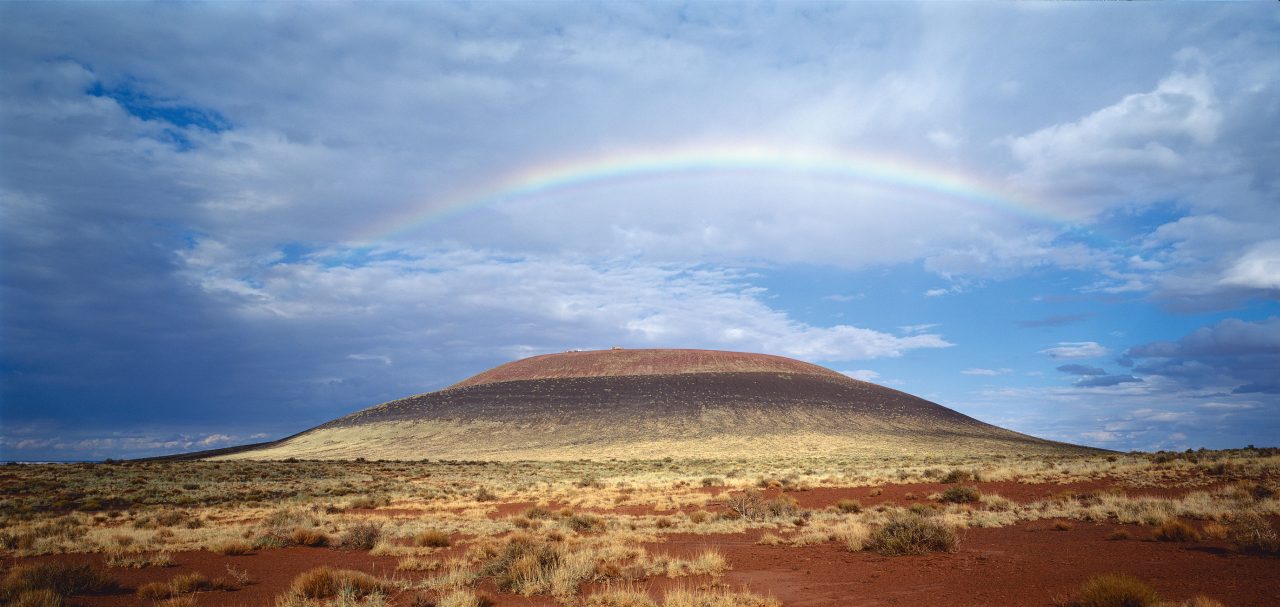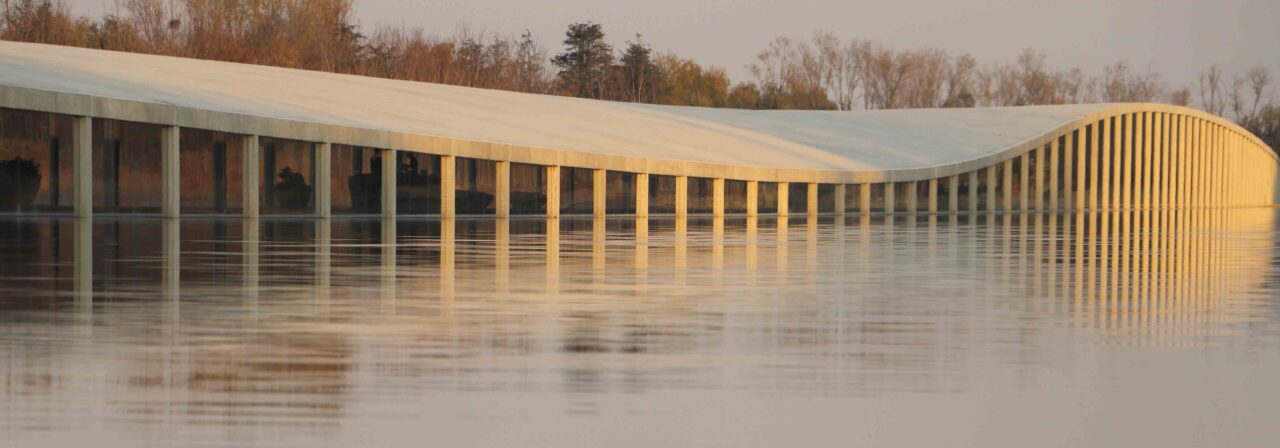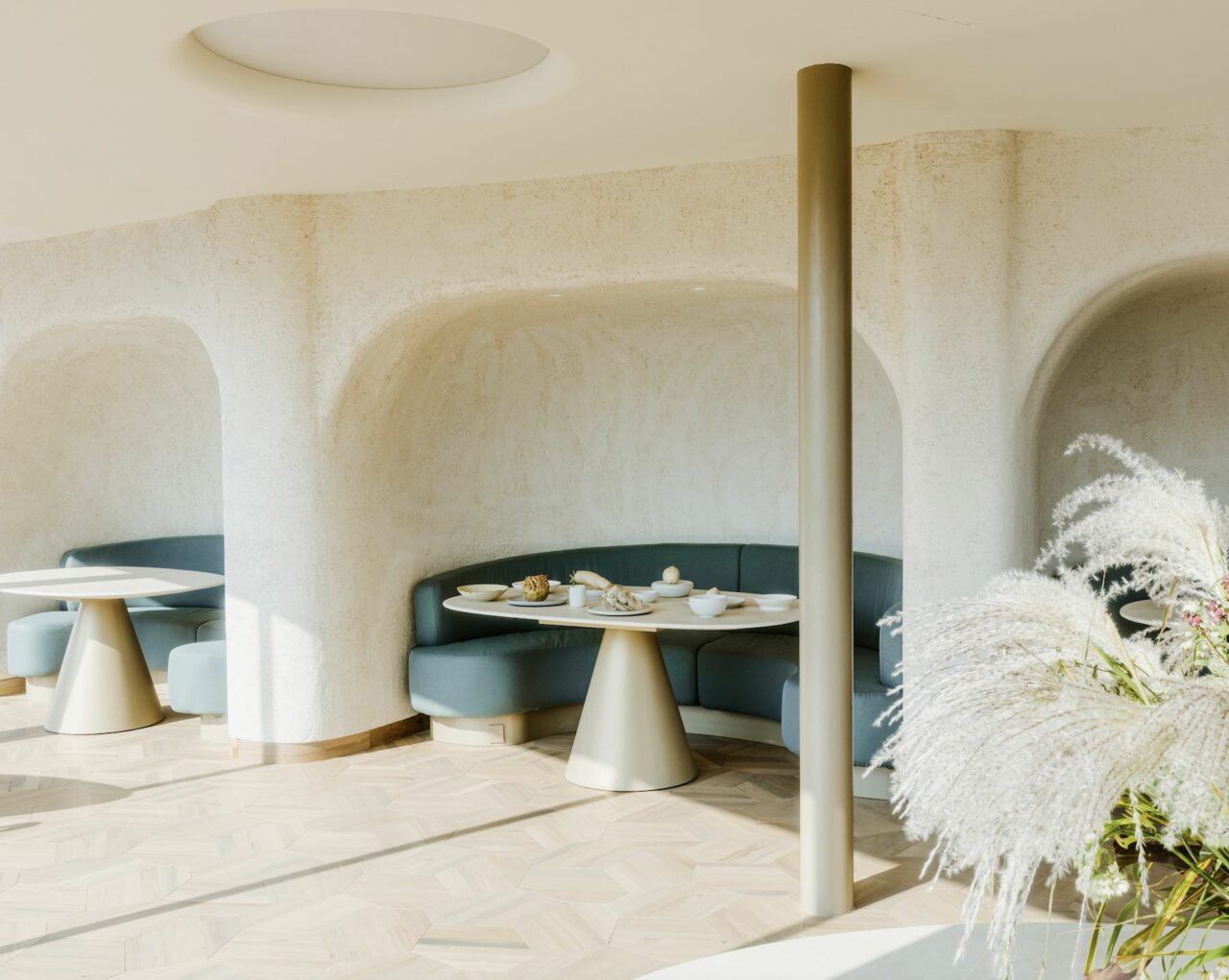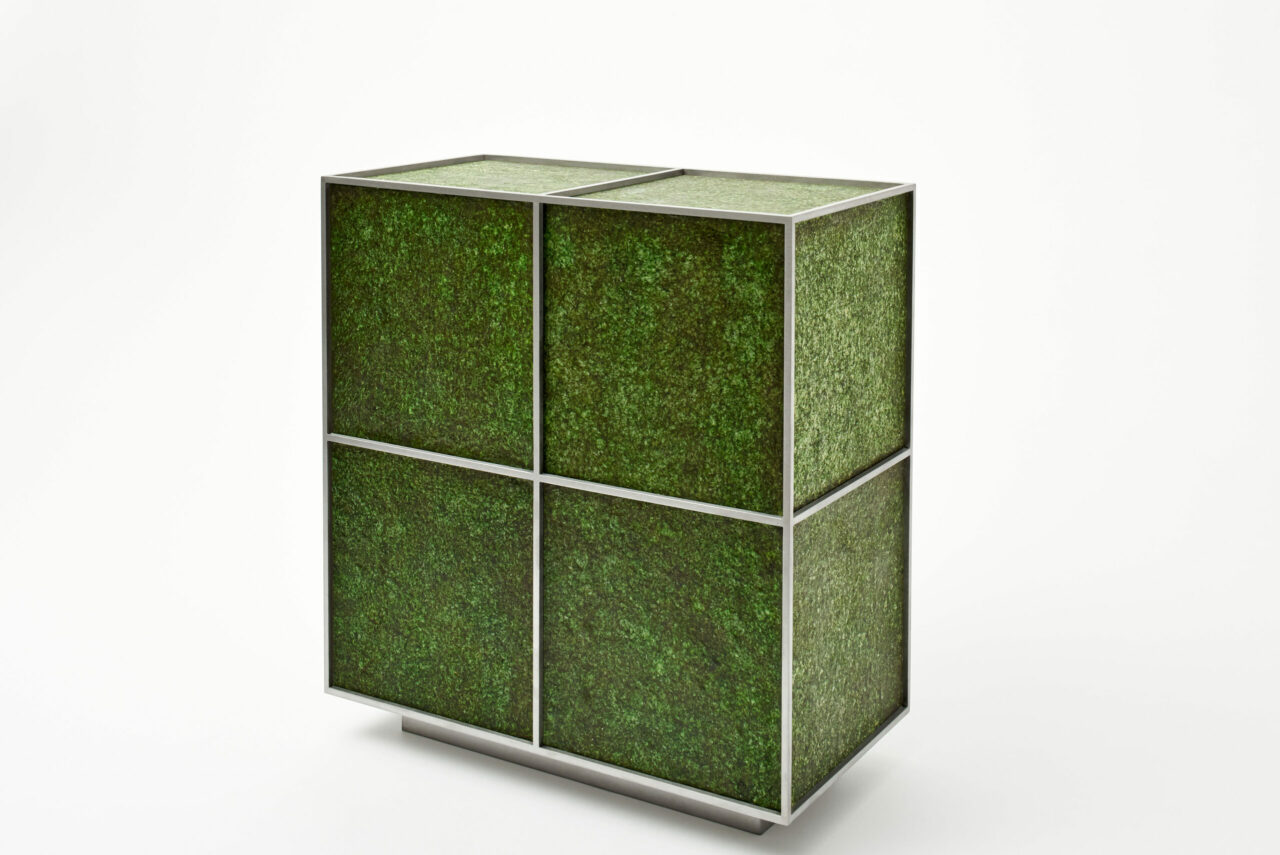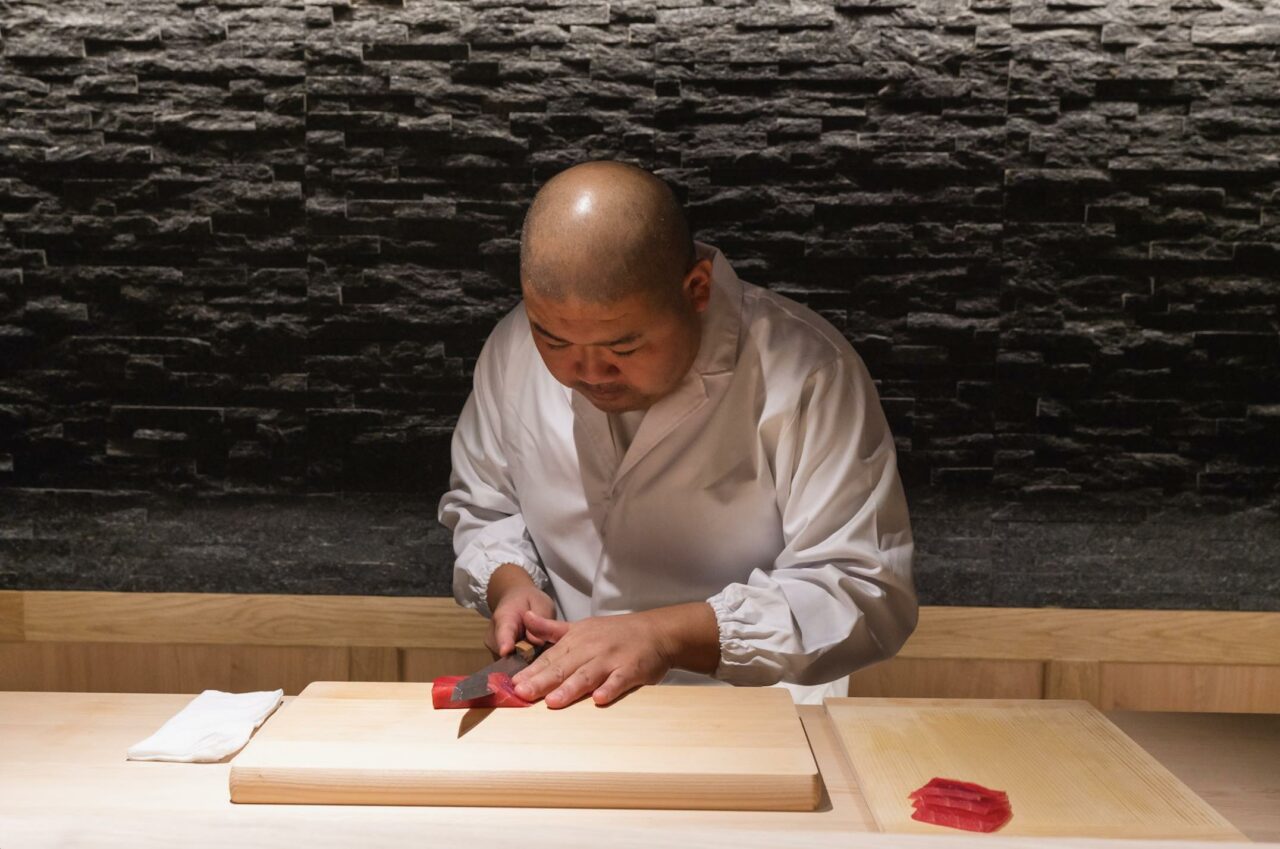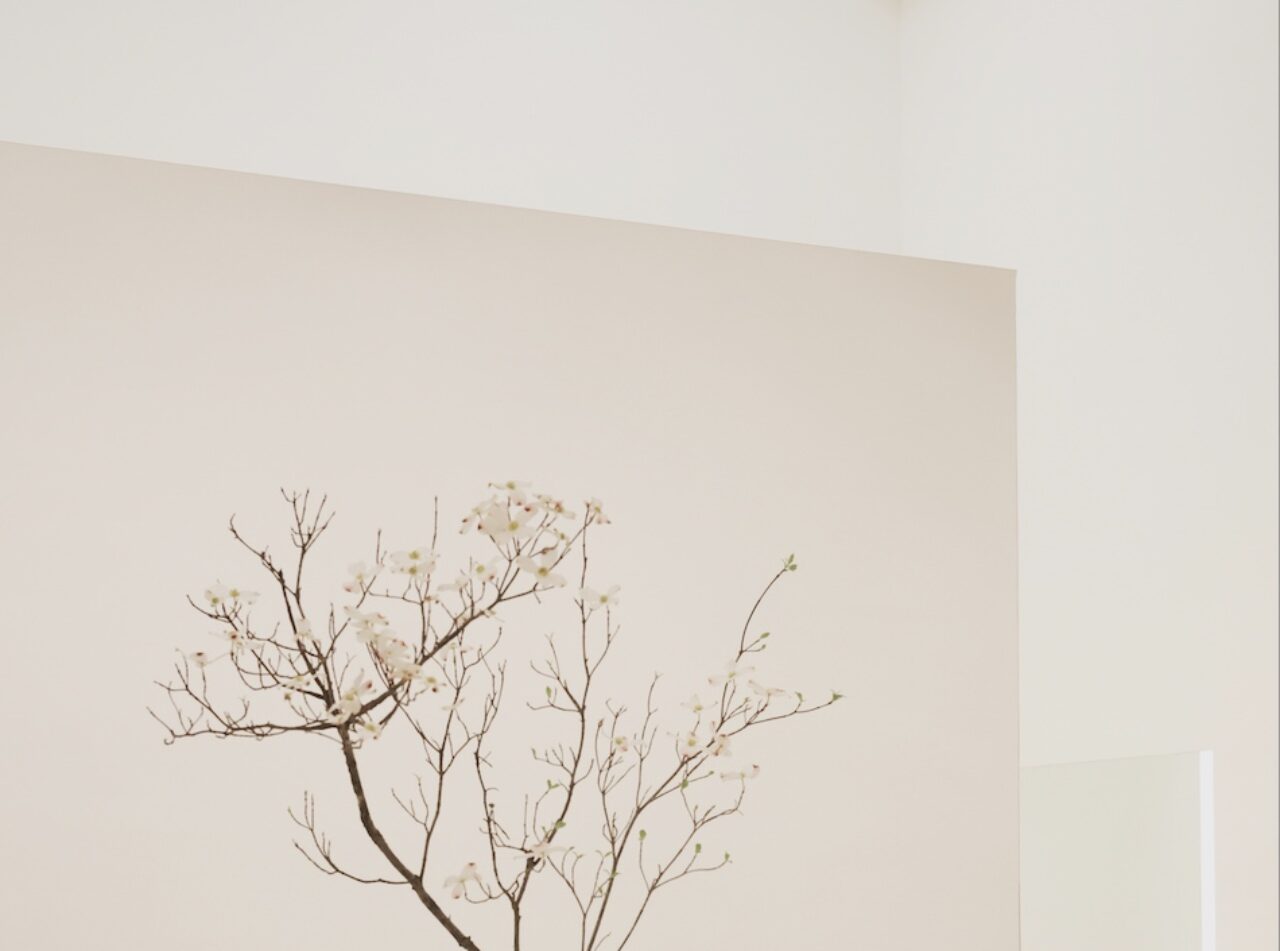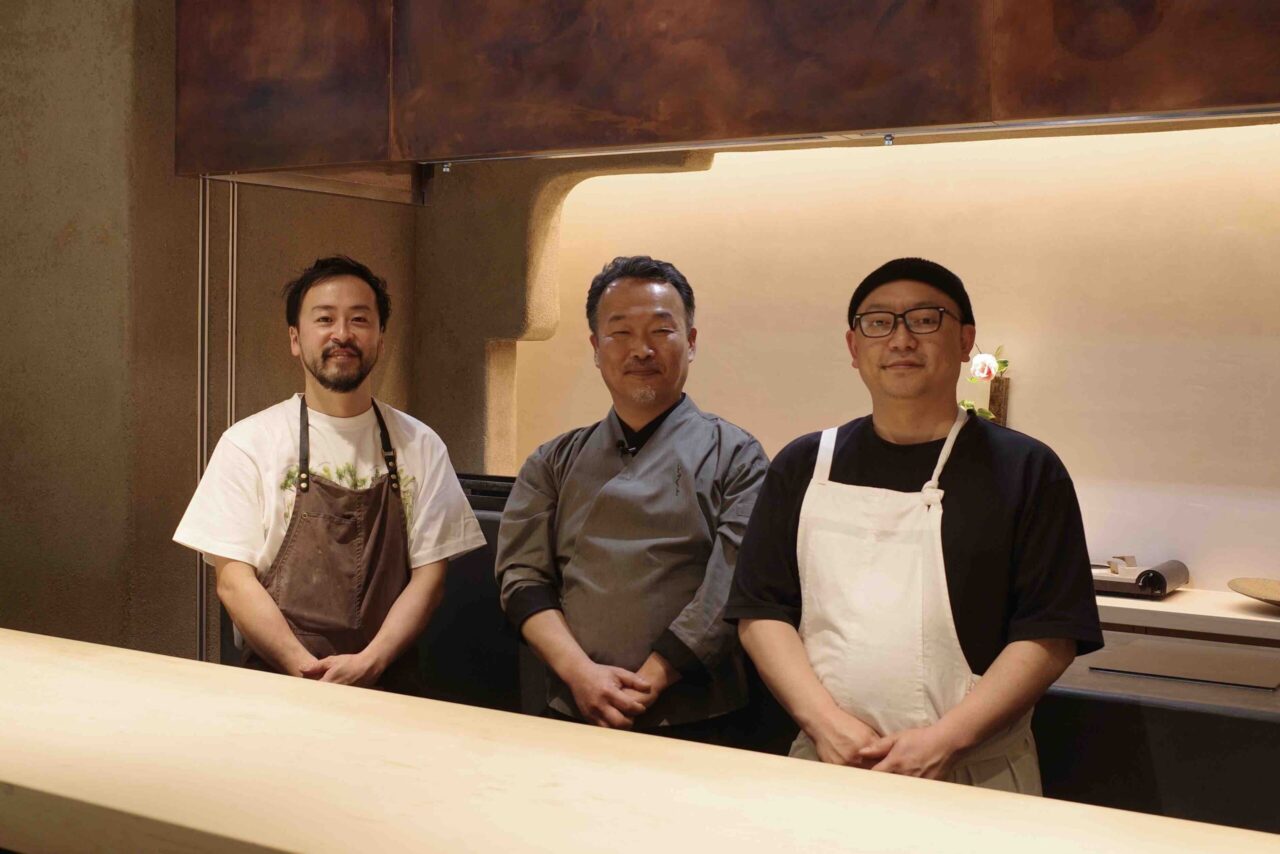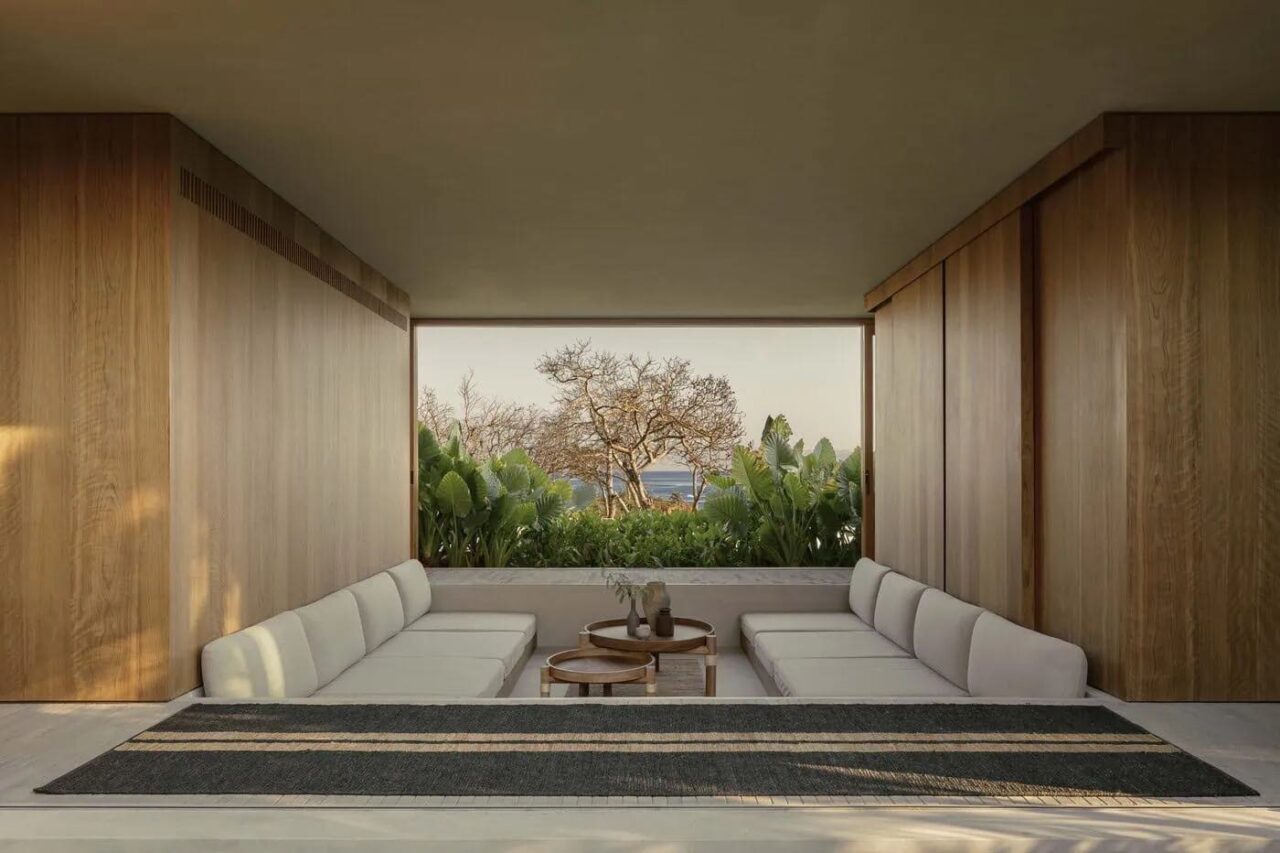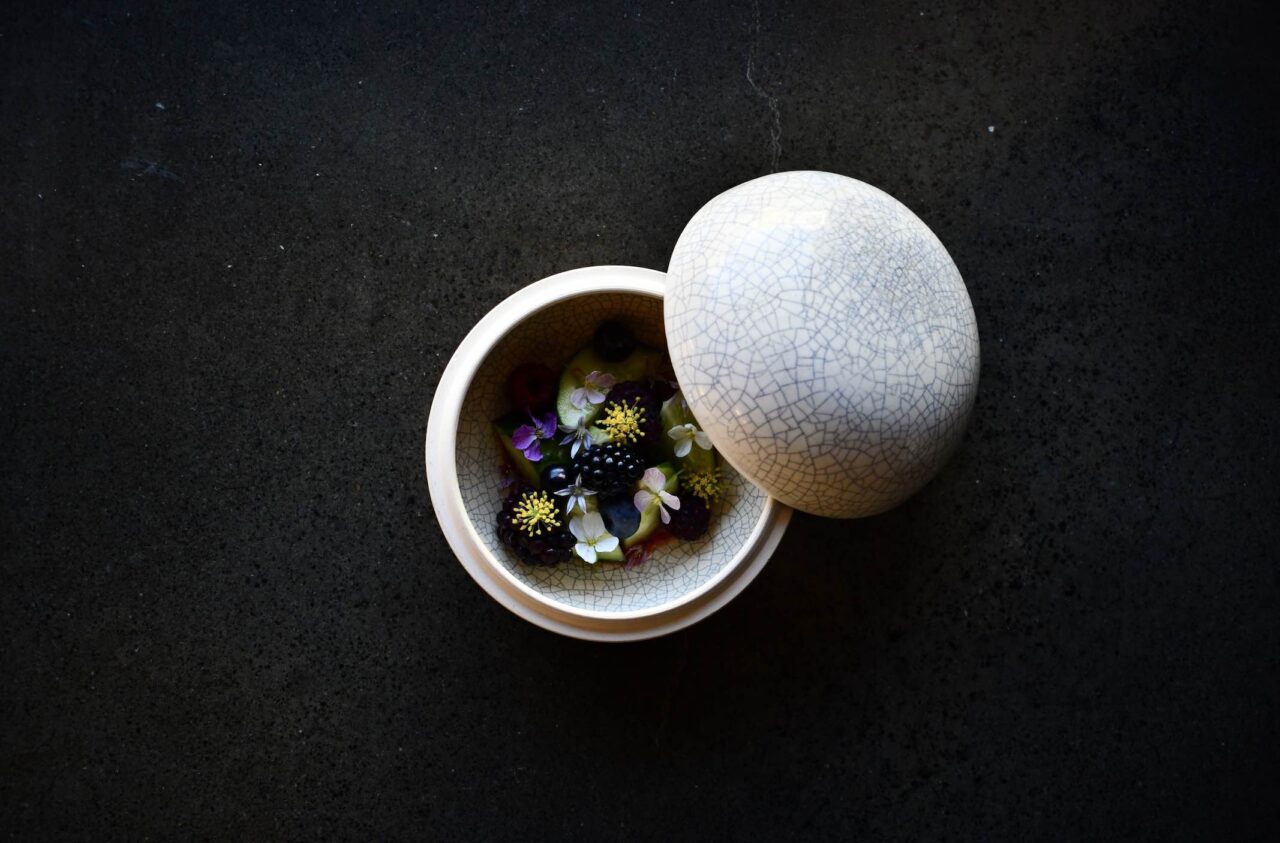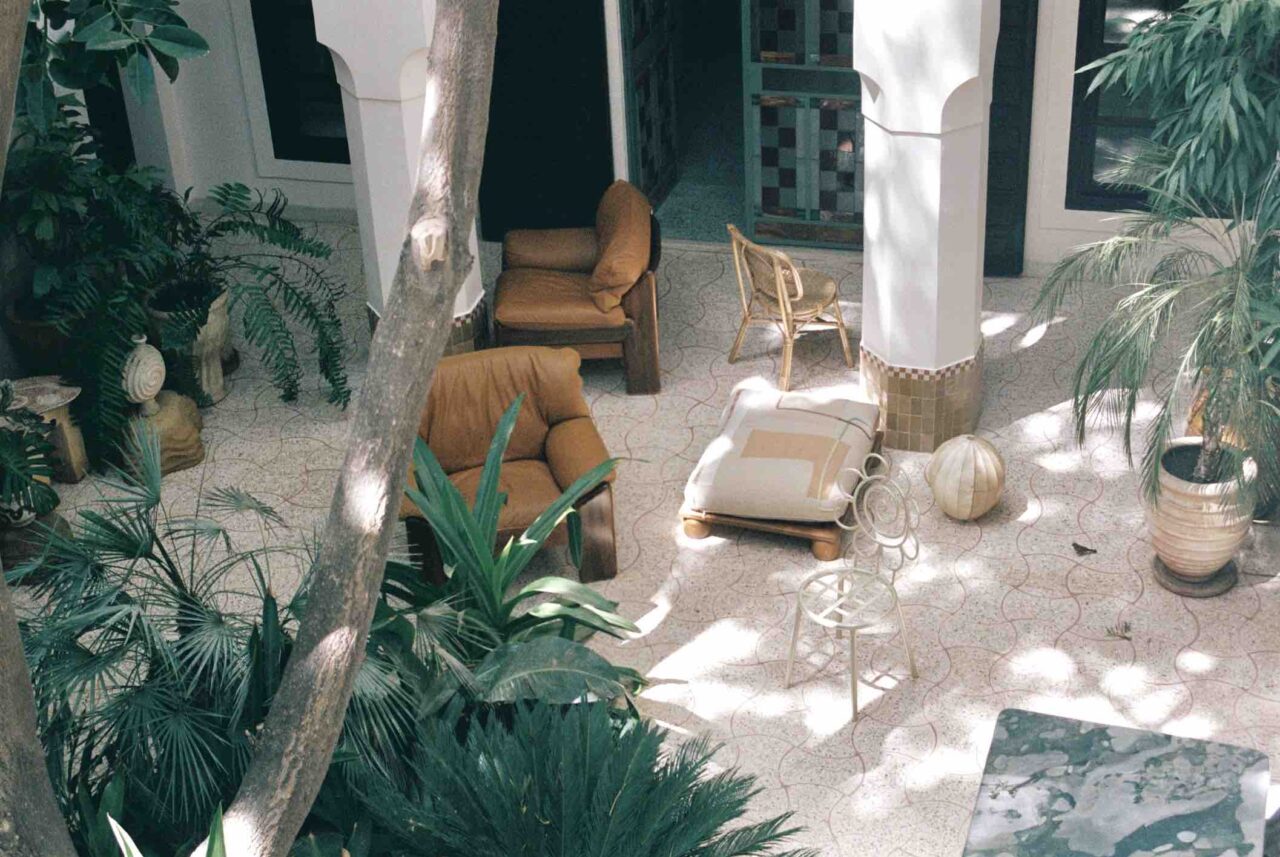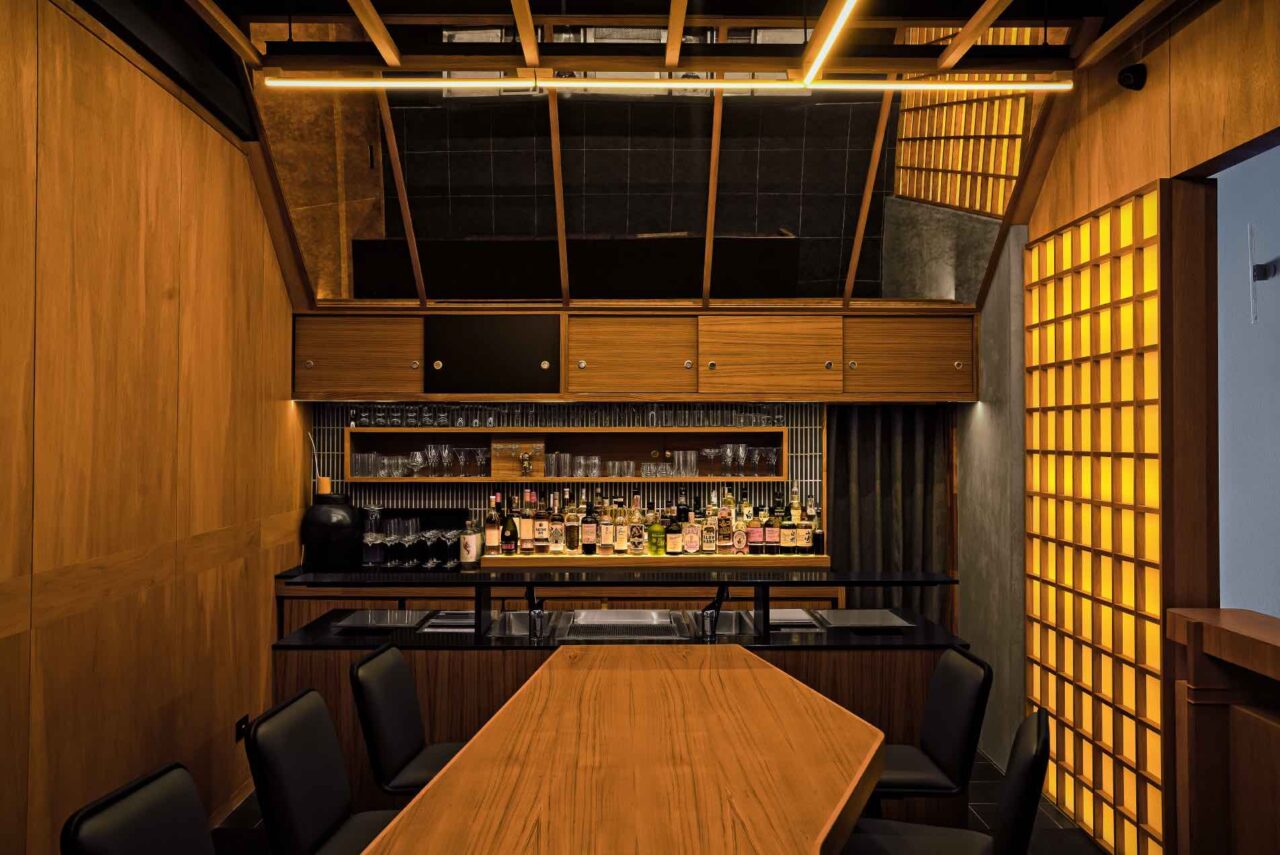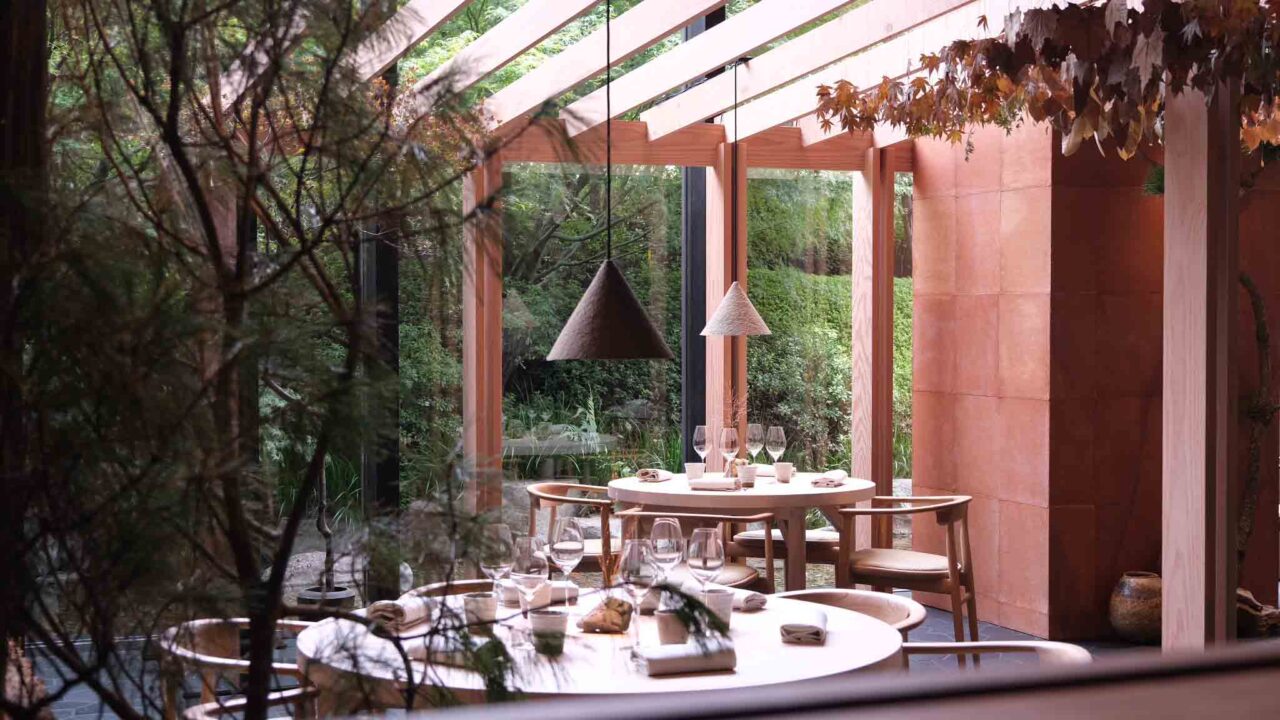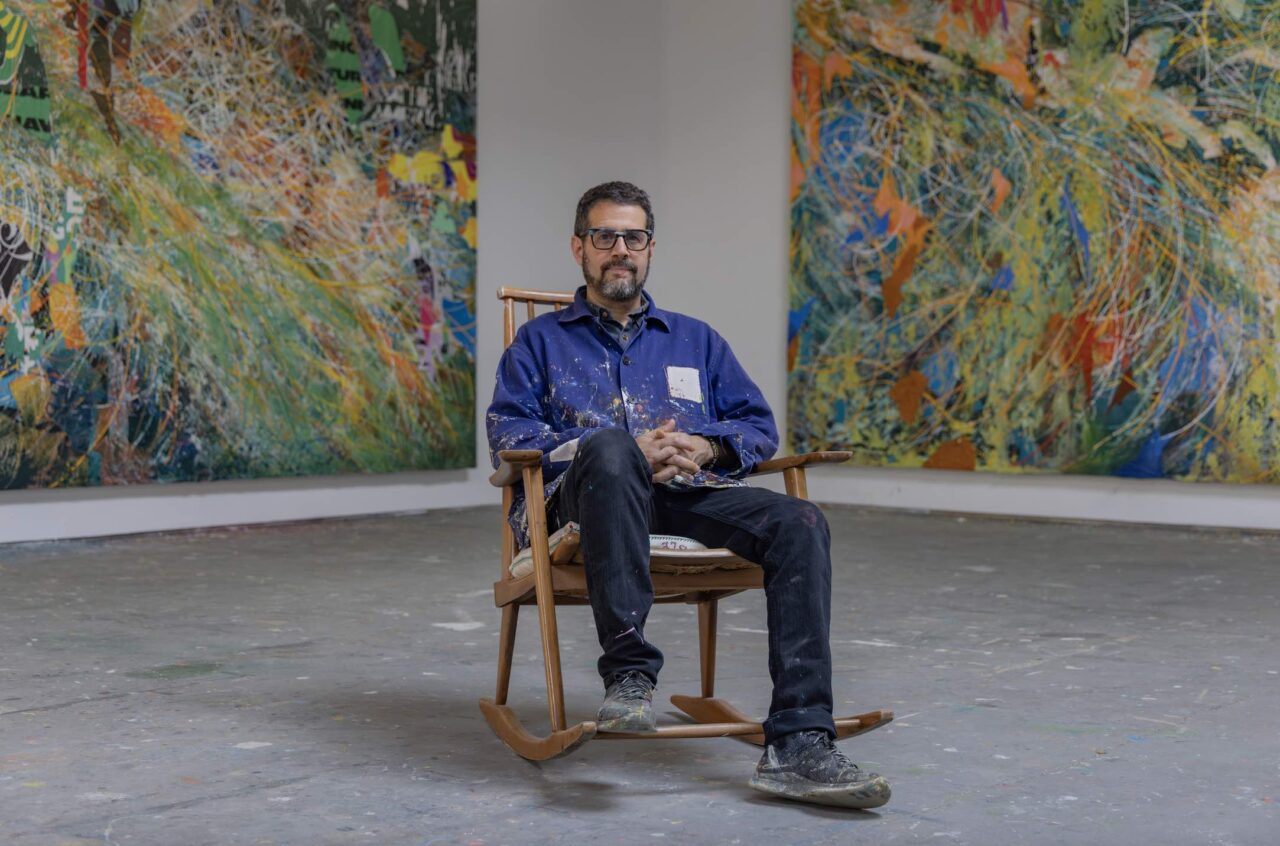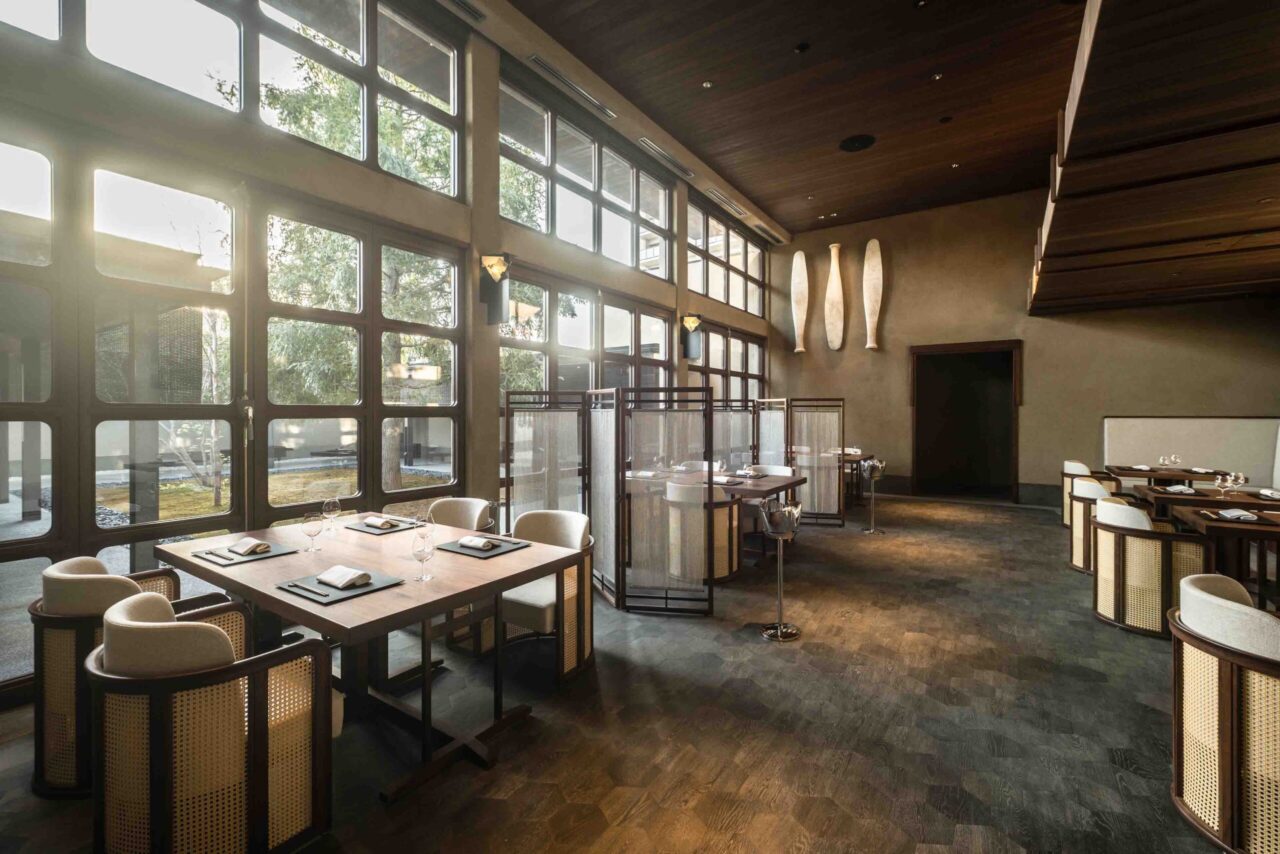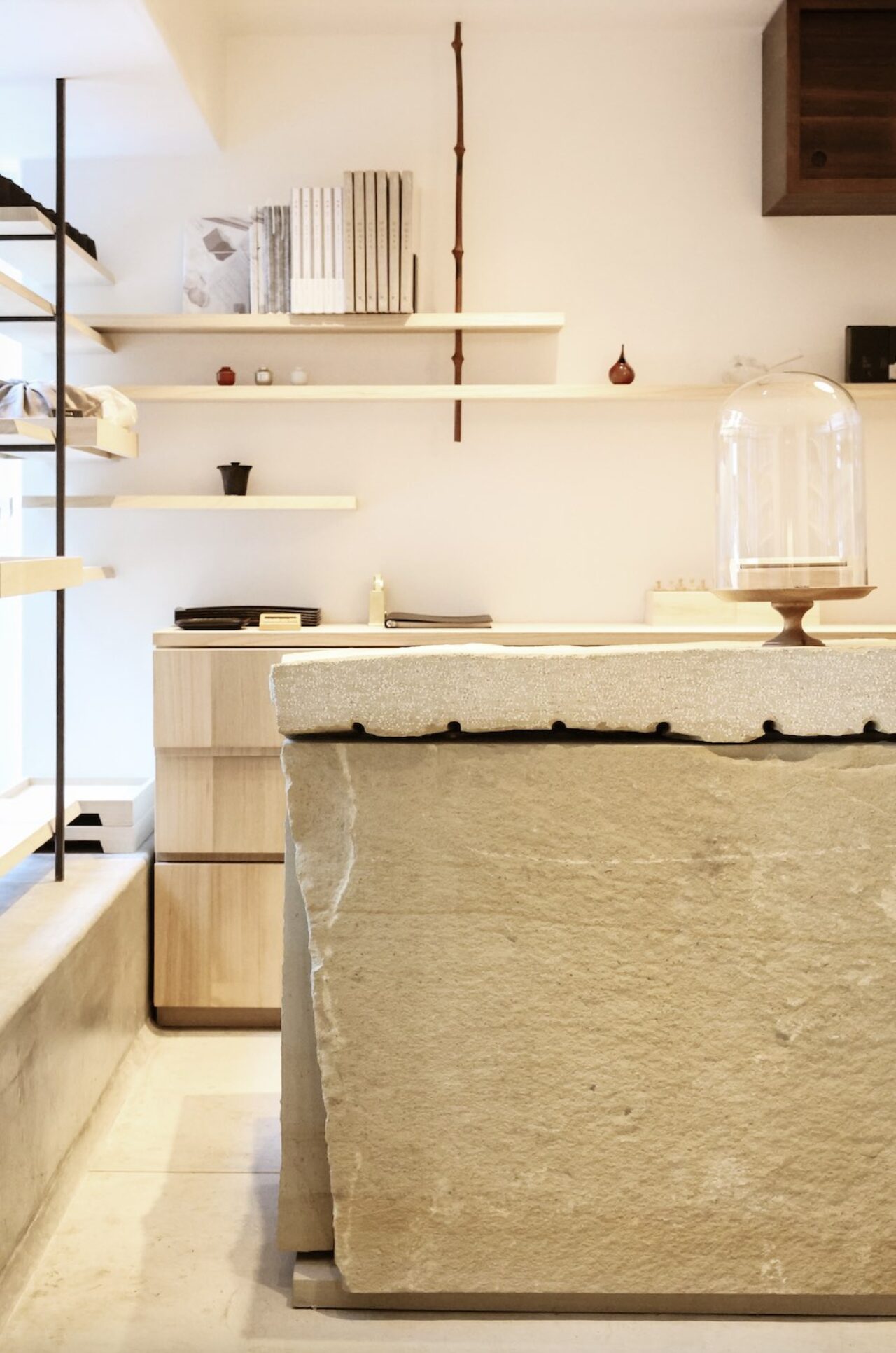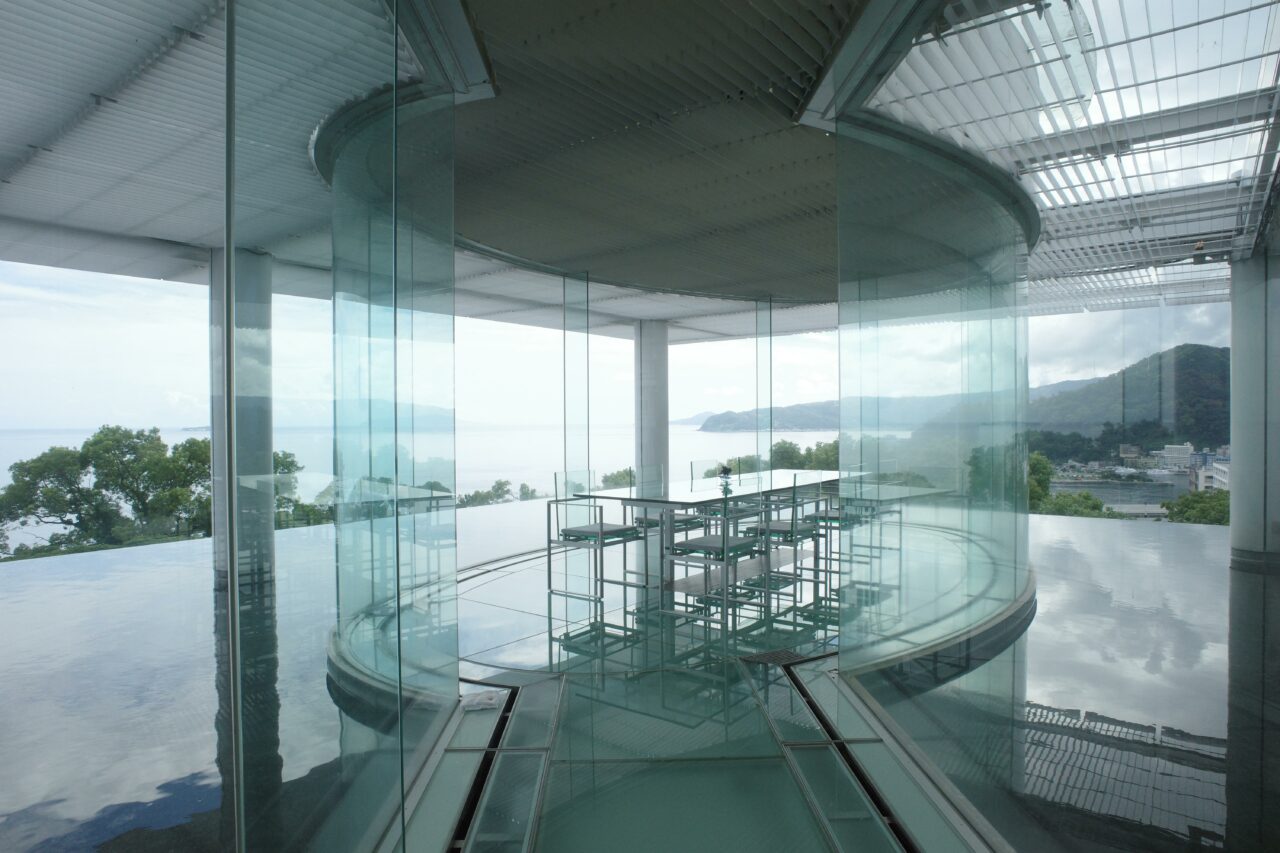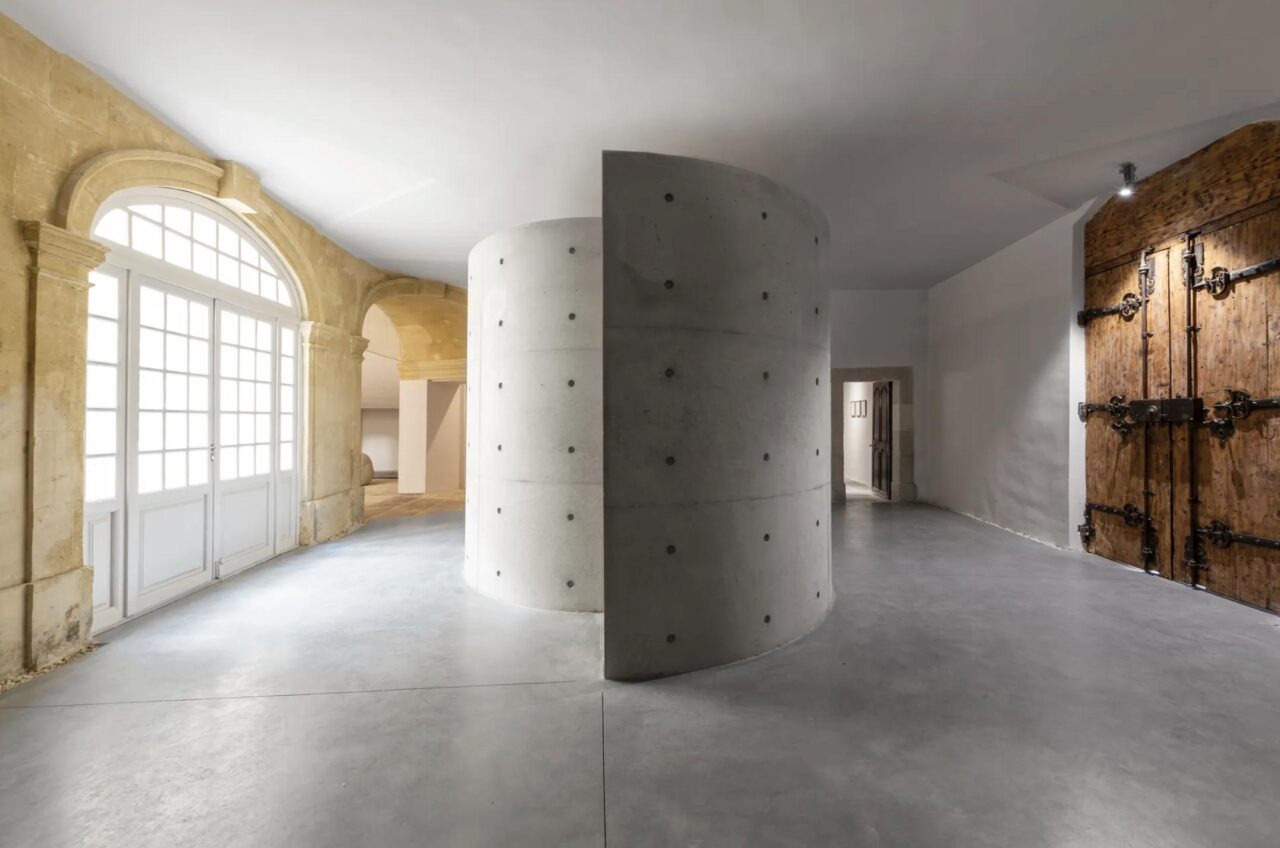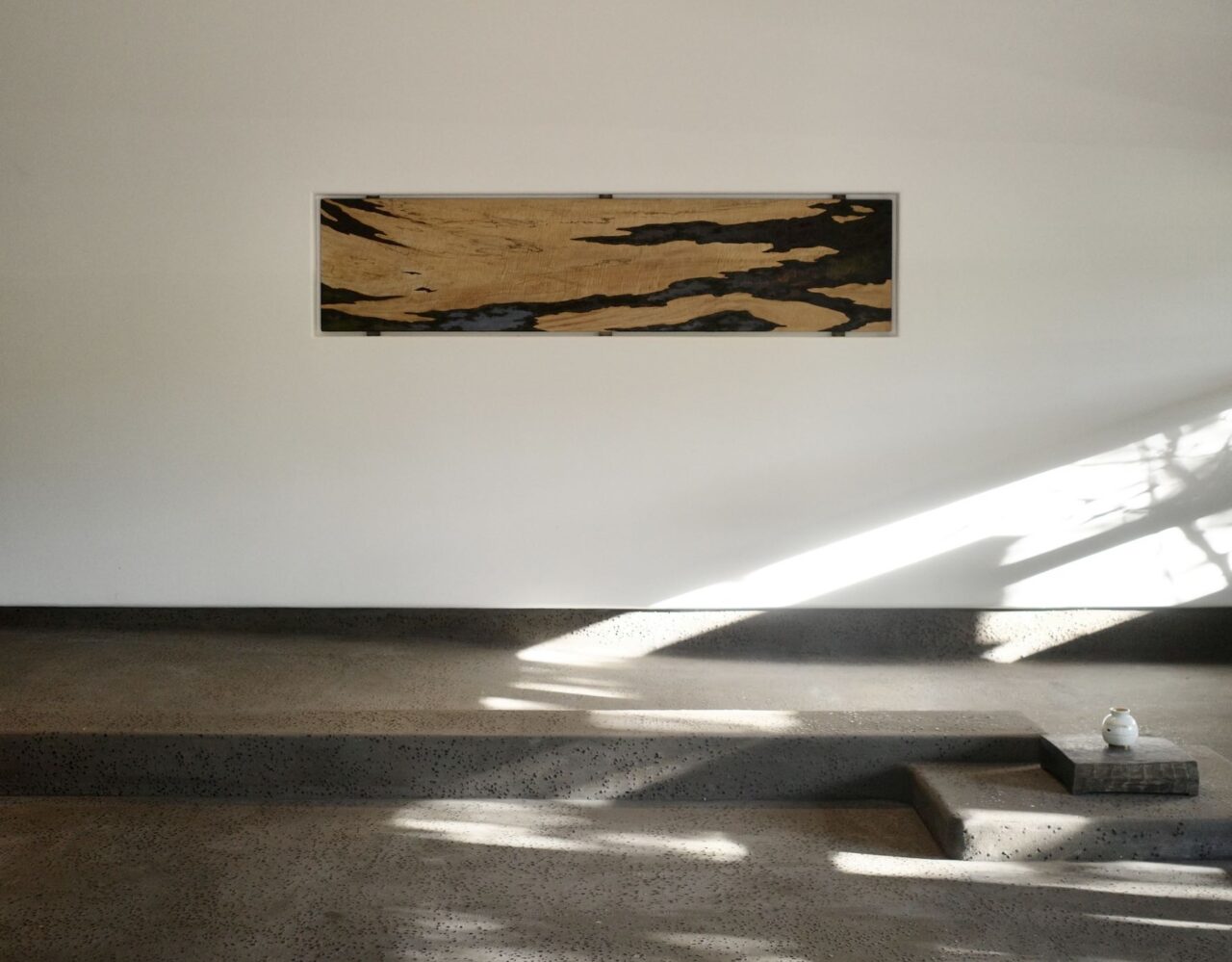MAZ TOKYO
From South America To Japan, Discover New Ecosystems, Altitudes and Diverse Terroirs Through A Culinary 'Vertical Gaze'
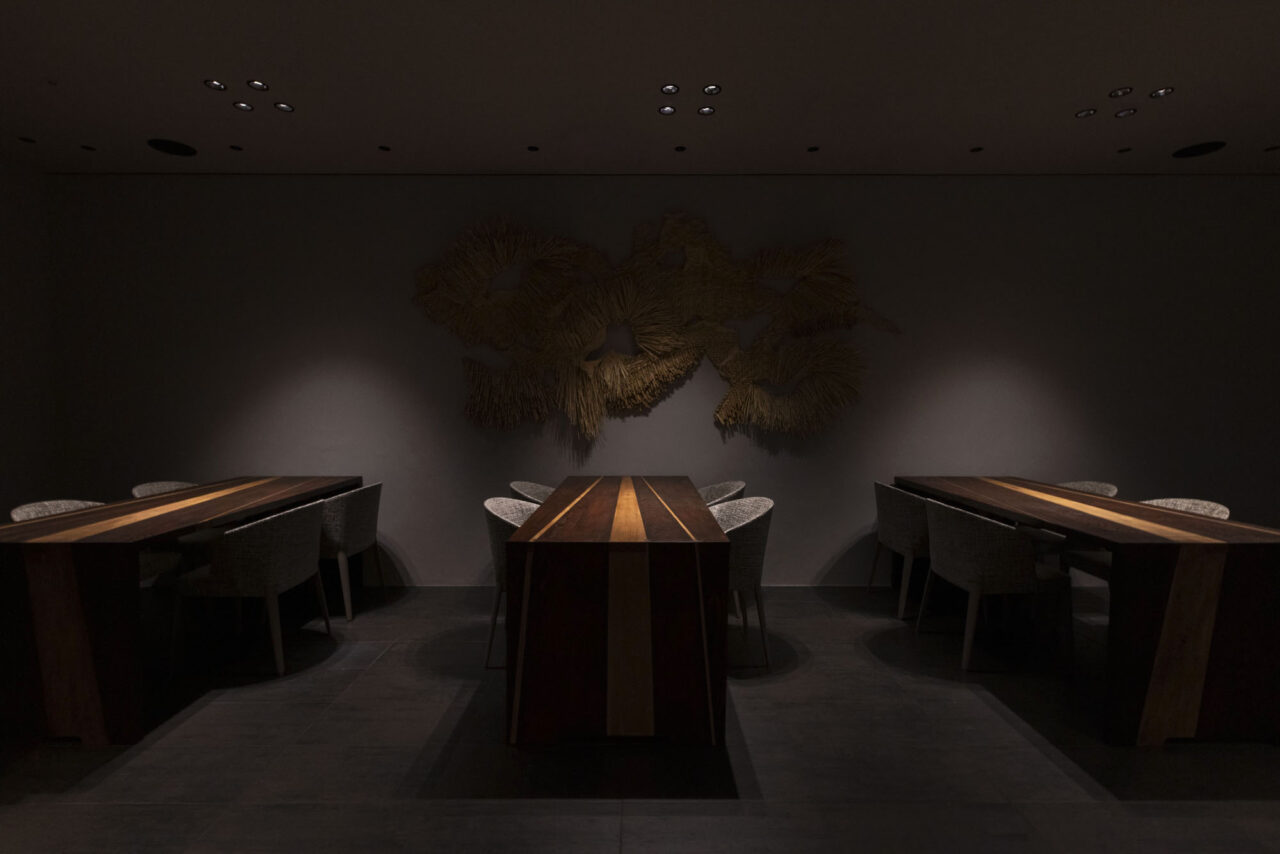
One of Japan’s best dining destinations transports guests to culinary elevations with palette-expanding heights. At MAZ, guests experience seasonal dishes categorised by altitudes and diverse terroirs. From up to 4,000m above sea level in the Andes to the great depths of Japan’s Pacific oceans — experiencing all this within the confines of their seat in central Tokyo.
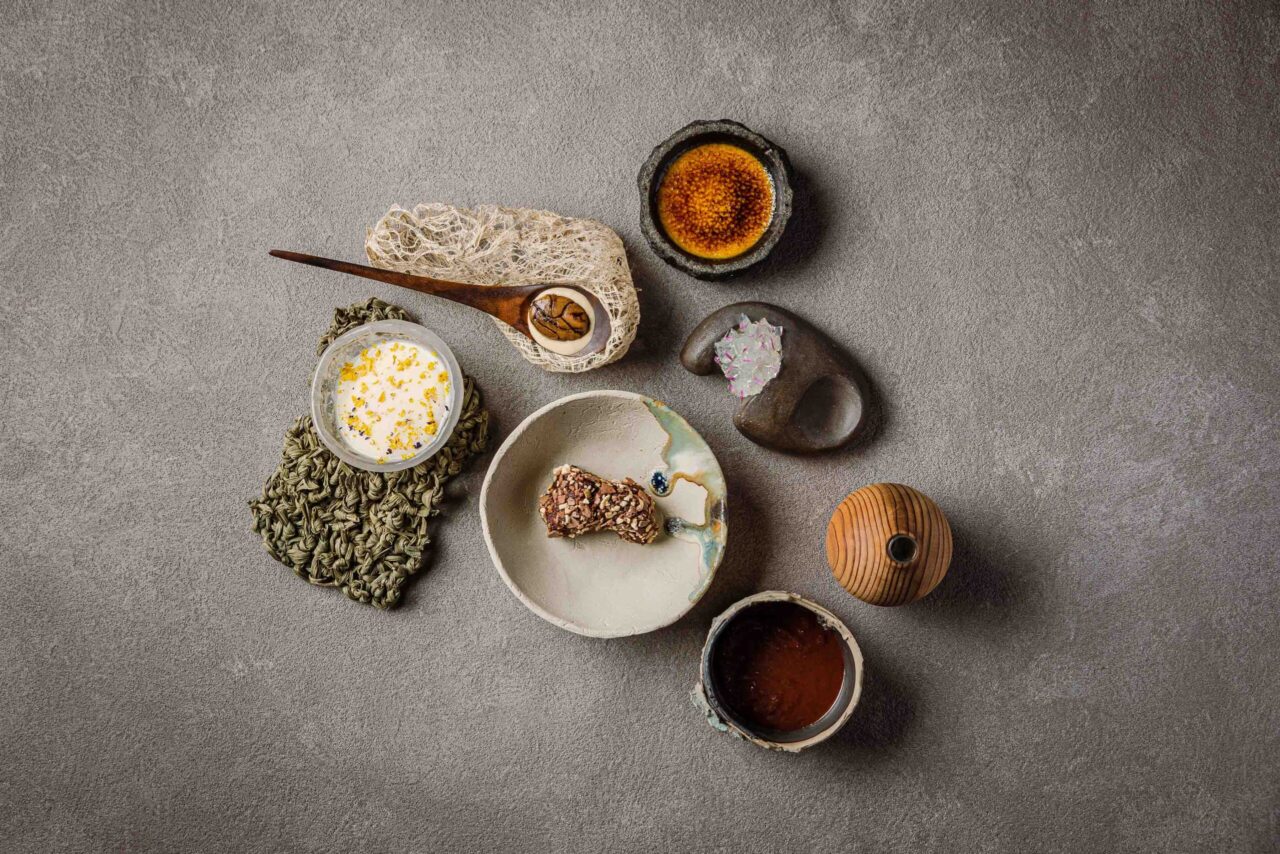
As a self-proclaimed gastronomic project, MAZ is truly one of a kind. Each dish presents an eye-widening view on Japan’s ecosystems and diverse landscape through the lens of founder Virgilio Martínez, chef and owner of acclaimed South American restaurant Central. As its Tokyo-based counterpart — opened in July 2022 — MAZ expands the ethos of Martínez and Central (notably awarded World’s Best Restaurant in 2023) within the context of Japan and its equally divergent ecosystems that make for unique, seasonal dishes.
Leading MAZ is Venezuela-born Executive Chef Santiago Fernández (former head of creative development at Central and their radical in-house research organisation and NGO known as Mater Iniciativa) who continues the multi-dimensional dining philosophy in partnership with Martínez. Fernández brings his irrepressible creativity, experimentation and innovation with an approach that explores the essential core of gastronomy.

Nestled within an unassuming commercial business tower located in Tokyo’s Nagatacho district, the journey at MAZ begins with an earthen door that opens to an intimate, seven-table restaurant. Here, an amalgamation of South American and Japanese artisanal expression seeps through every crevice of the interior. A feature wall artwork made of natural totora reeds native to South America compliments the restaurant’s original audible soundscape crafted by a Peruvian sound engineer. A textured square of Japanese handcrafted washi paper is presented to guests as a creative representative of each forthcoming dish. Tableware is inventive and playful. Skilled staff are attentive and move with grace.
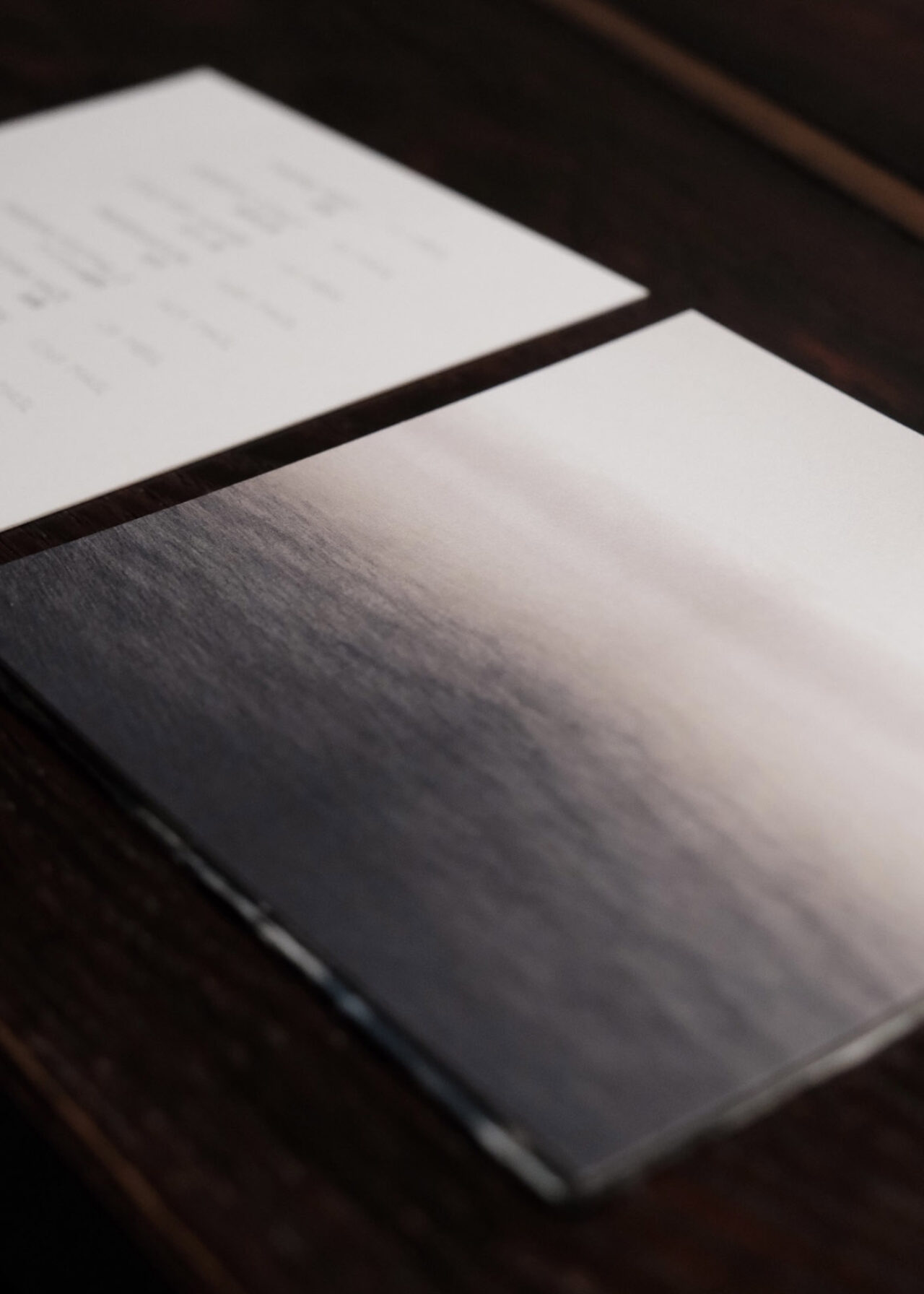
The nine-course menu at MAZ presents ‘Vertical Gaze’, a journey into Peruvian ecosystems that harmonise with Japan’s equally diverse landscape through nine altitudes. Finding many similarities in Japan’s own natural ecosystems — spanning 378,000 km² and accounting for two-thirds of forestry — Japan remains an equally younger sibling to Peru’s vast 1,285,216 km2 that includes the Amazon rainforest, Peru’s Pacific coast and the Andean highlands. The menu presents an eye-widening view on Japan’s own diverse landscape, featuring over 80% of Japanese ingredients alongside core imported Peruvian ingredients such as cacao, biodynamic coffee, dehydrated potatoes and edible chaco clay.
For pairings, MAZ has selected wines from talented South American producers such as Zuccardi or El Enemigo from Argentina. It is a real treat to enjoy these limited wines all the way across the other side of the world in Asia.
A non-alcoholic pairing titled ‘Experience and Senses’ presents a meticulously-crafted offering of fusions and extracts. Served in otherworldly Japanese handcrafted glassware, the inventive beverages include Kombu Tonic with Green Spirulina to Tepache with Tonka Bean. A personal favourite — Avocado, Passionfruit and Akasuginomori — is presented in an elegant stemmed glass, packing a multitude of balanced flavours. Bespoke distillations and ferments are crafted by Mater Iniciativa.
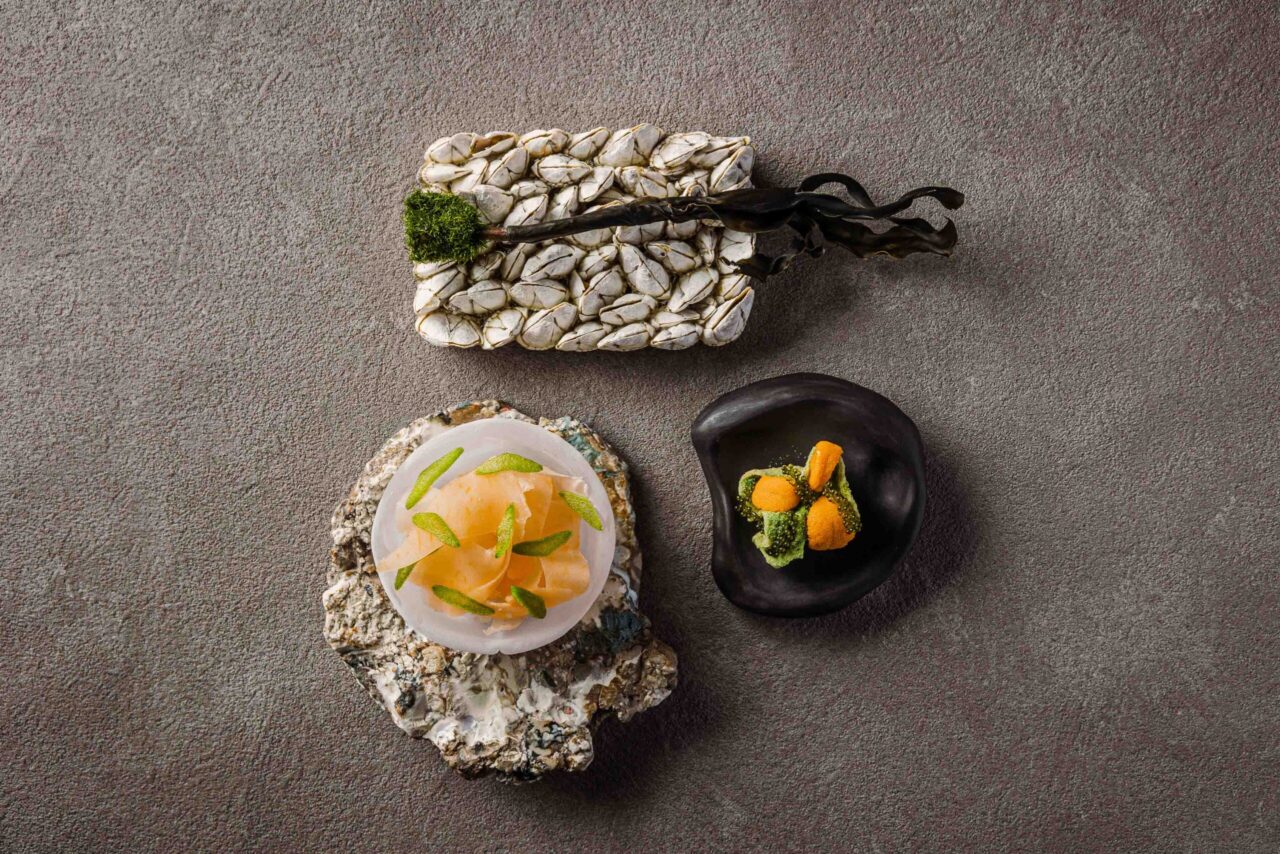
It’s clear to see that chef Fernández operates with an insatiable curiosity for terroir, cultures and history. He ‘transforms local values into global initiatives,’ both figuratively and metaphorically spreading the seeds of Peru in Japan and beyond.
Unsurprisingly, MAZ has already received two stars in the Michelin Guide 2024, been listed amongst Asia’s 50 Best Restaurants, and was awarded within Japan’s Top Ten Best Vegetables Restaurants.
At Maz, prepare for an extraordinary dining experience that puts nature at the forefront. One that traverses the diverse and rich ecosystems of the Peruvian coast whilst interweaving the equally diverse landscape of Japan and its unique nuances of seasonality paired with a curious sensibility. The experience will leave diners contemplating the one-of-a-kind dining and its experimental dishes long after having departed the restaurant.
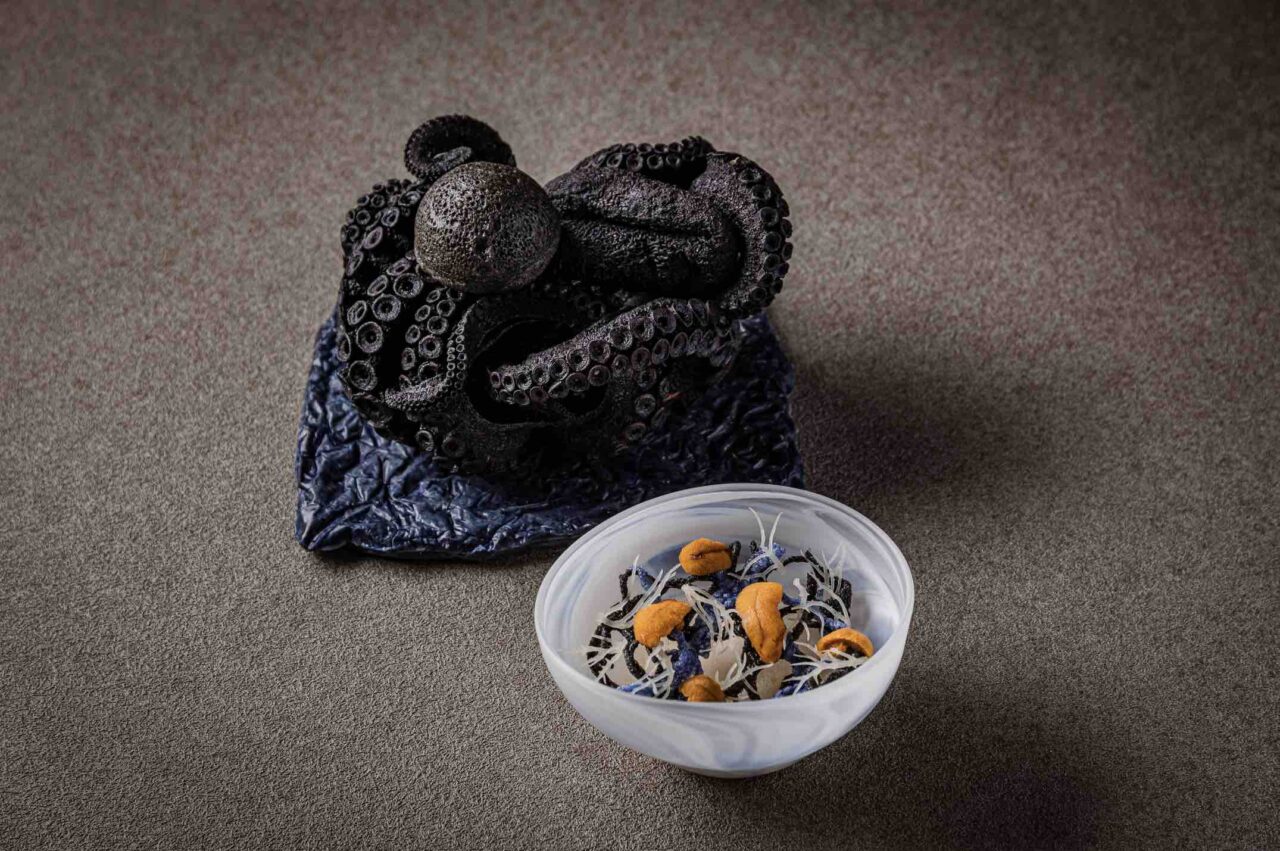
Ala Champ Magazine’s Editor Joanna Kawecki caught up with MAZ’s Executive Chef Santiago Fernández to discuss more on his culinary approach, his experiences growing up in Venezuela that have shaped him, and key thoughts on the future of sustainable dining.
Joanna: In what way did your upbringing in Venezuela influence your approach to food?
Santiago: In many ways, almost unconsciously, memories from my childhood often surface when I’m developing a new dish. While I focus on the wild variety of ecosystems in Peru, their ingredients, and their biodiversity, I can’t help but recall experiences that shaped me in Venezuela. Some of these memories are vivid, like diving for sea urchins, while others are broader, such as how we value gathering around a table and using a meal as a social bond.
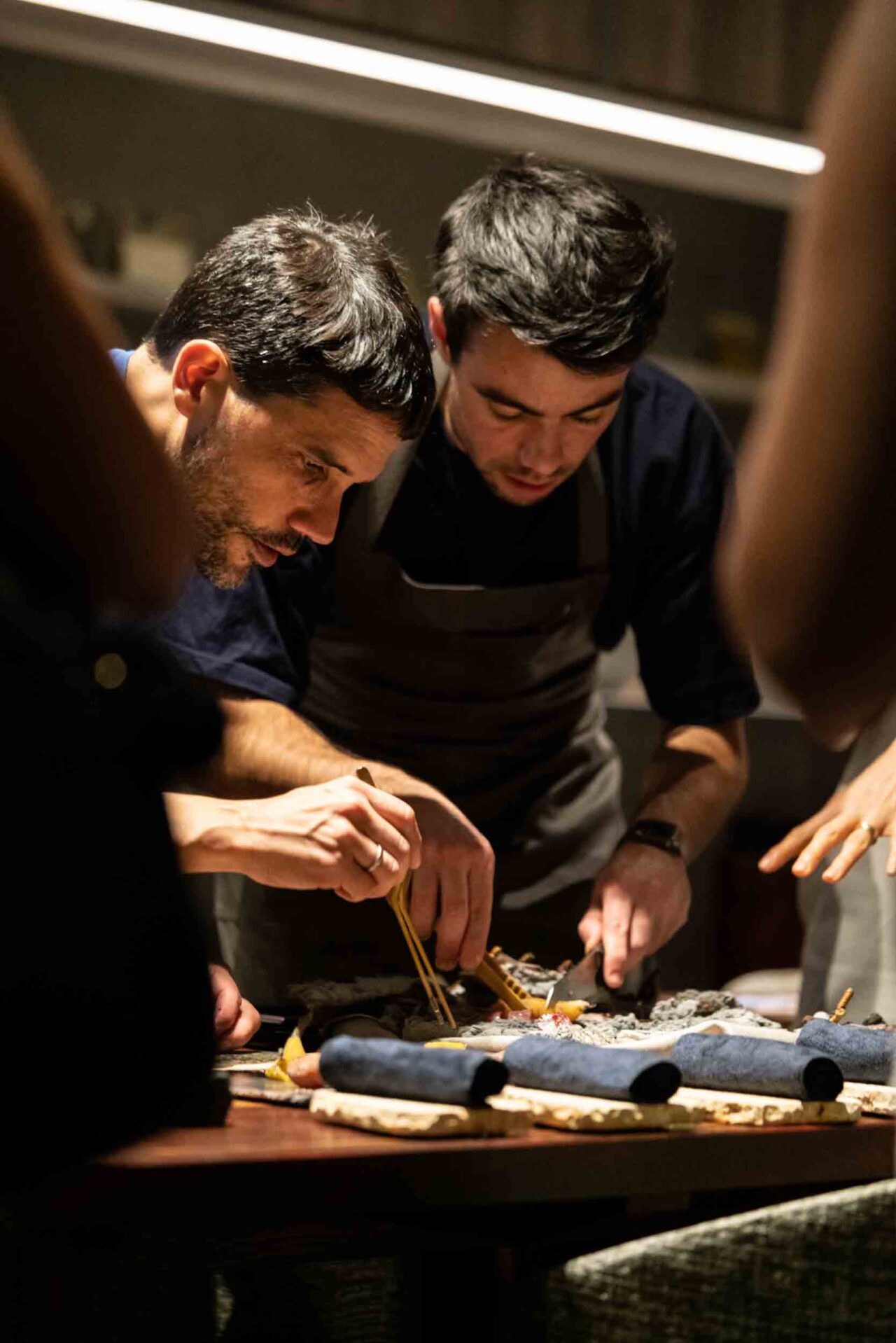
Ala Champ: What is your earliest memory of an experience that encapsulated your personal ethos with food?
Santiago: I would say that the interaction of eating very close to nature. I have a very vivid memory of being on the beach and watching the fisherman dive for oysters, and after they finished, they came to prepare them in a traditional way called Vuelve a la Vida. Watching that interaction of fishing something that you will eat minutes after taking it from the water was very impactful for me. Actually, that’s my favourite dish to eat to this day.
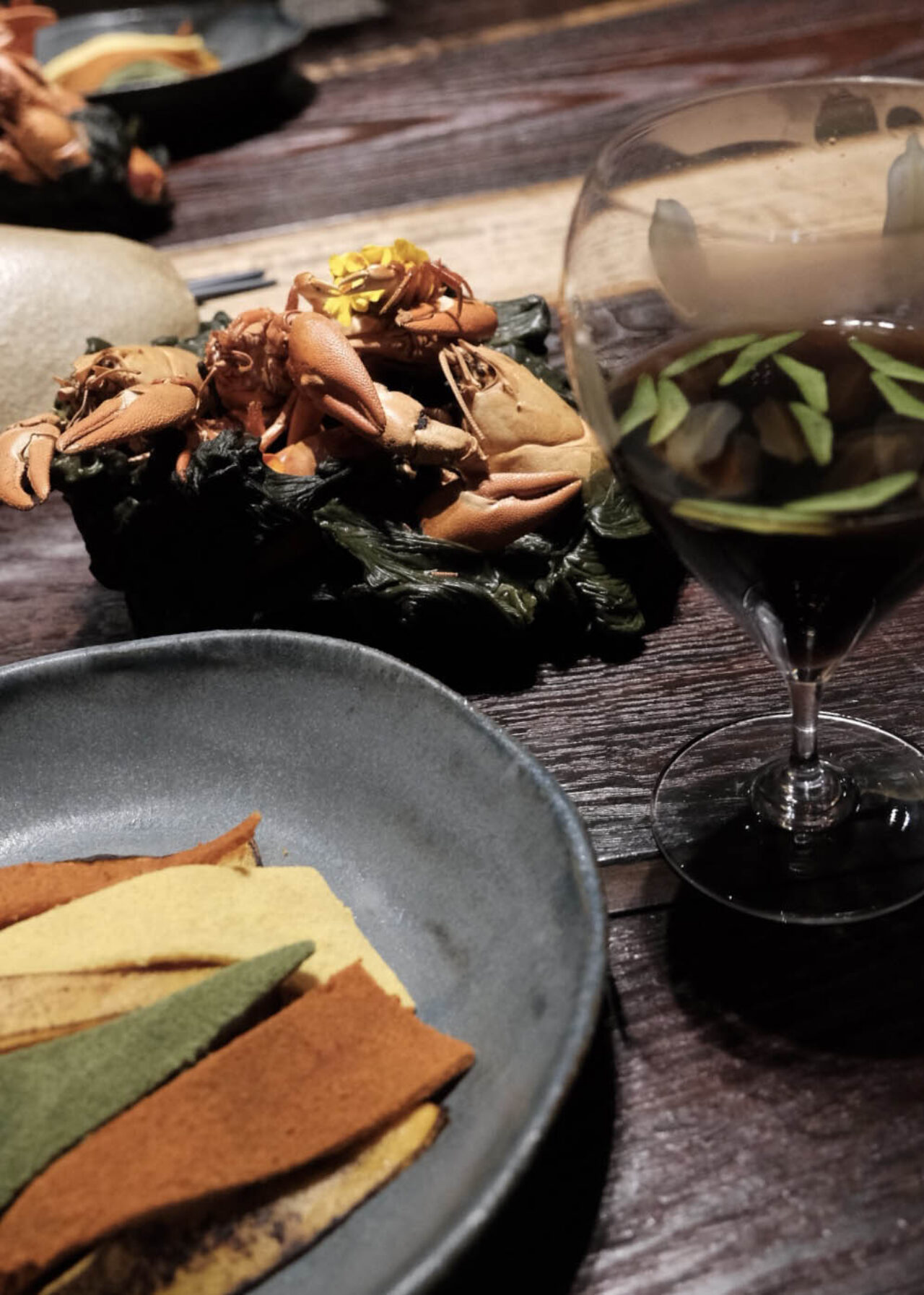
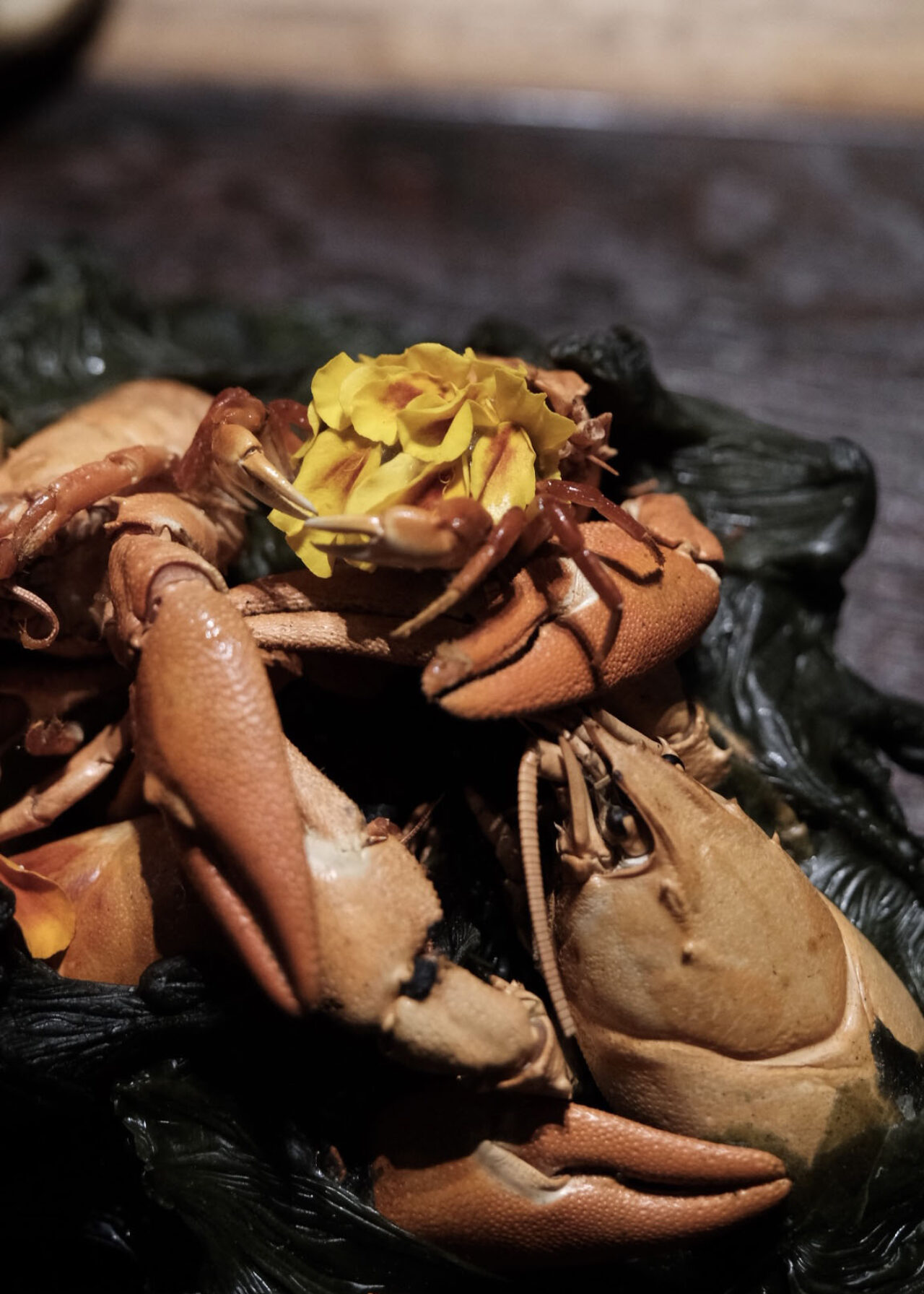
Working for five years in Central and Mater Iniciativa — what were your main roles and responsibilities in the creative program, and how did you translate this in Japan as Executive Chef?
My main role back in Central was to develop new dishes and incorporate the projects Mater Iniciativa was working on into the restaurant’s experience. Of course, all directed by Virgilio. Sometimes Virgilio had ideas that he didn’t have time to develop, and I helped make them possible for the restaurant. Here in Japan, my work is not too different. I have to be creating dishes constantly because of the micro-seasons we find in Japan. So, the ideation of new dishes has to be constant, plus the management skills a chef has to have to run a team at this level.
Ala Champ: What is your approach when developing Maz’s dishes and in what way is Virgilio also involved?
Santiago: I always try to keep the identity intact when I create a new dish for MAZ. It’s very easy to get influenced by Japanese culinary culture, which is very strong and captivating. But every time I think about a new dish, I go back to Virgilio’s teachings and keep them very close to my thoughts because that’s what keeps me grounded in our Latin American roots.
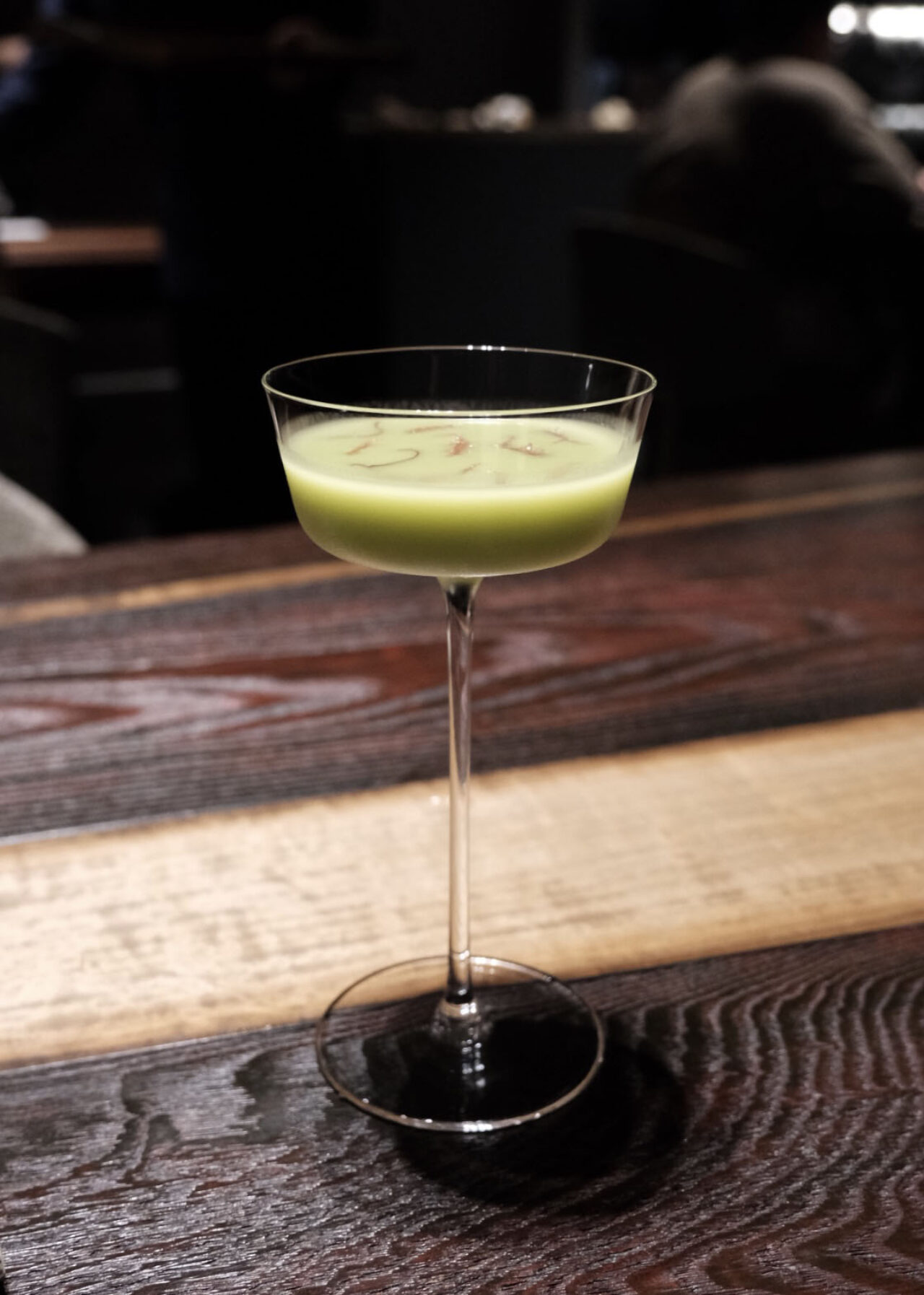
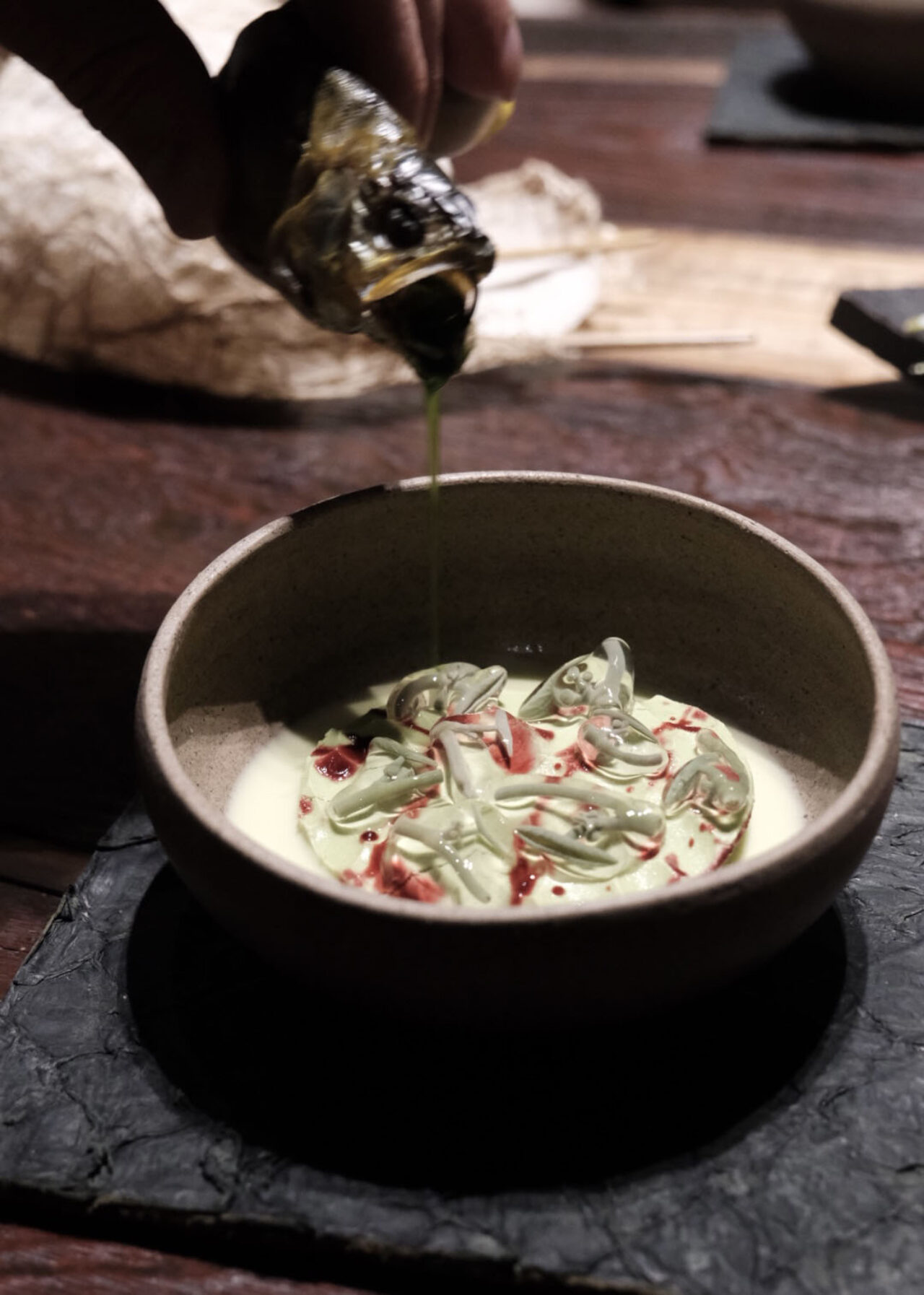
Ala Champ: Can you share a bit more about the farms in Japan you work closely with, such as in Chiba that supplies your Peruvian herbs?
Santiago: We work really closely with Naeme Farms. Before we opened, I went a couple of times to see their work and to start creating this bond, and I was surprised by the number of Peruvian herbs they were working with, as well as the potato varieties that I never thought of finding here in Japan. Since then, we have been working closely, and from time to time, I visit them to check on what new things they are working on.
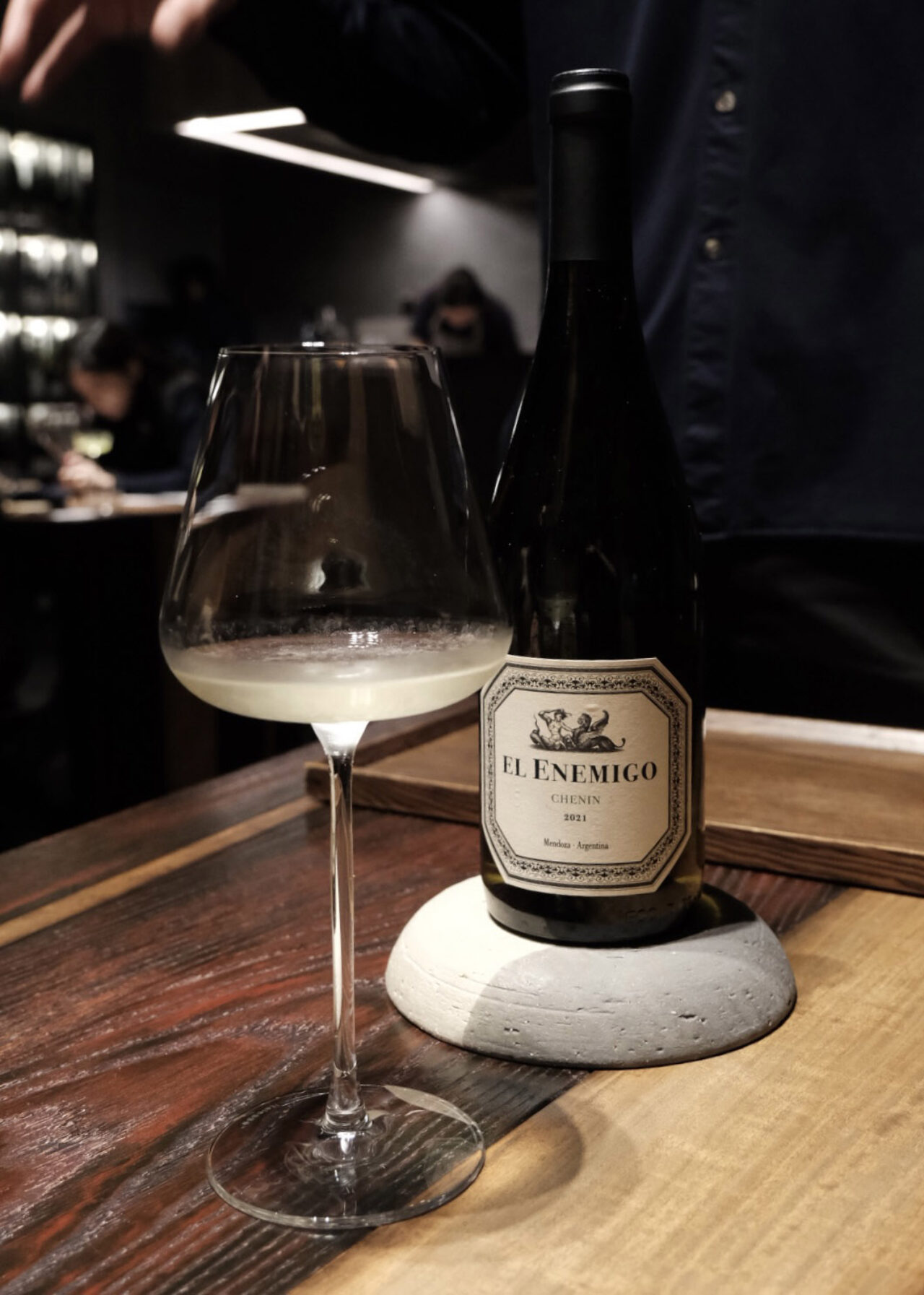
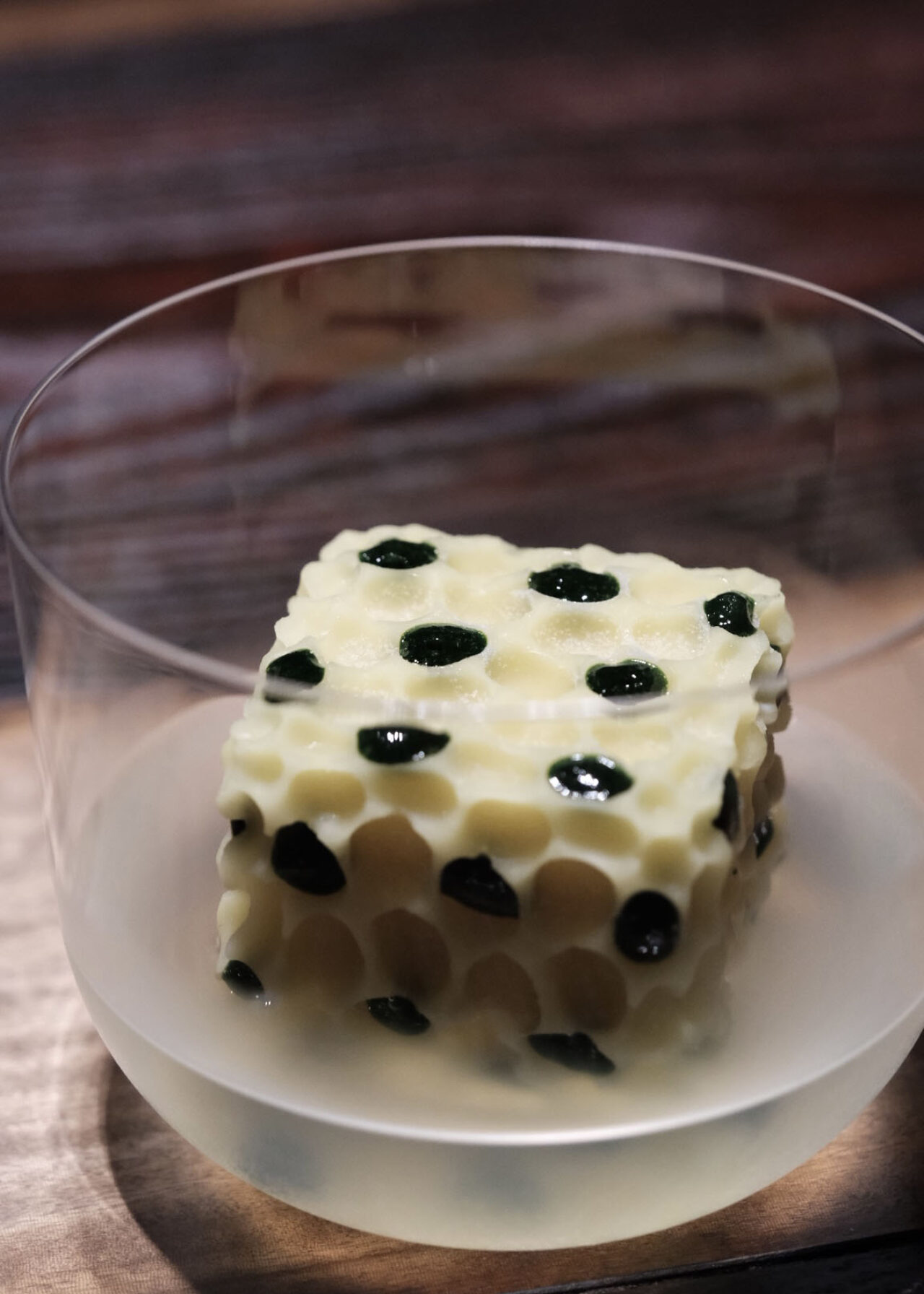
Ala Champ: What are your thoughts on the future of sustainable dining — from farming, sourcing, production, and plating?
Santiago: For me, a key word for sustainable dining is balance. In Japan, I’ve learned that the best things come from great balance. In order to have a truly sustainable restaurant, you have to balance work ethics with responsible sourcing, good management of residues, team management, reutilisation of waste, balance in the selection of vegetable-to-protein ratio, and economy. If restaurants focus on improving all of this little by little in an equal way, the future seems very encouraging.
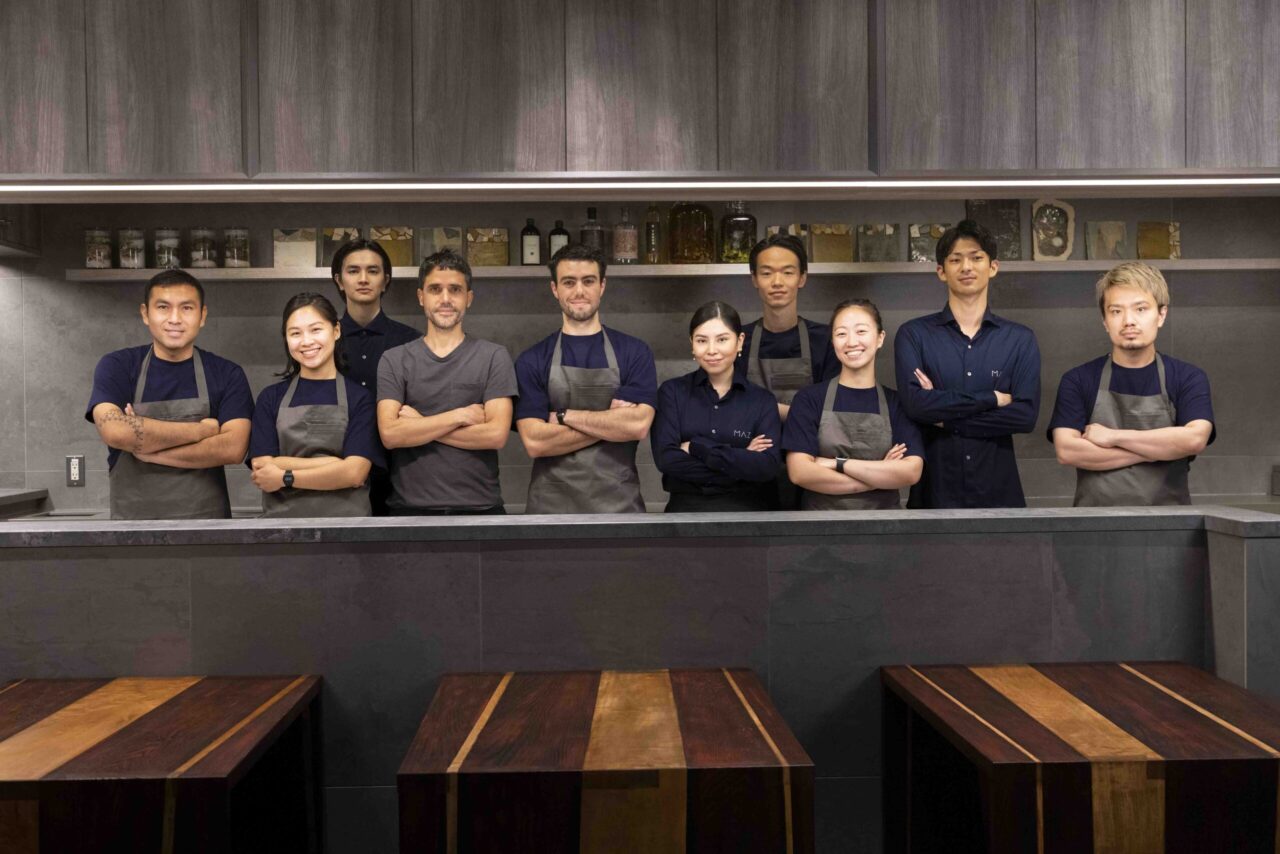
MAZ
Tokyo Garden Terrace 3F
1-3 Kioicho, Chiyoda-ku,
Tokyo, Japan 102-0094
For more stellar dining destinations in Japan, click here.



